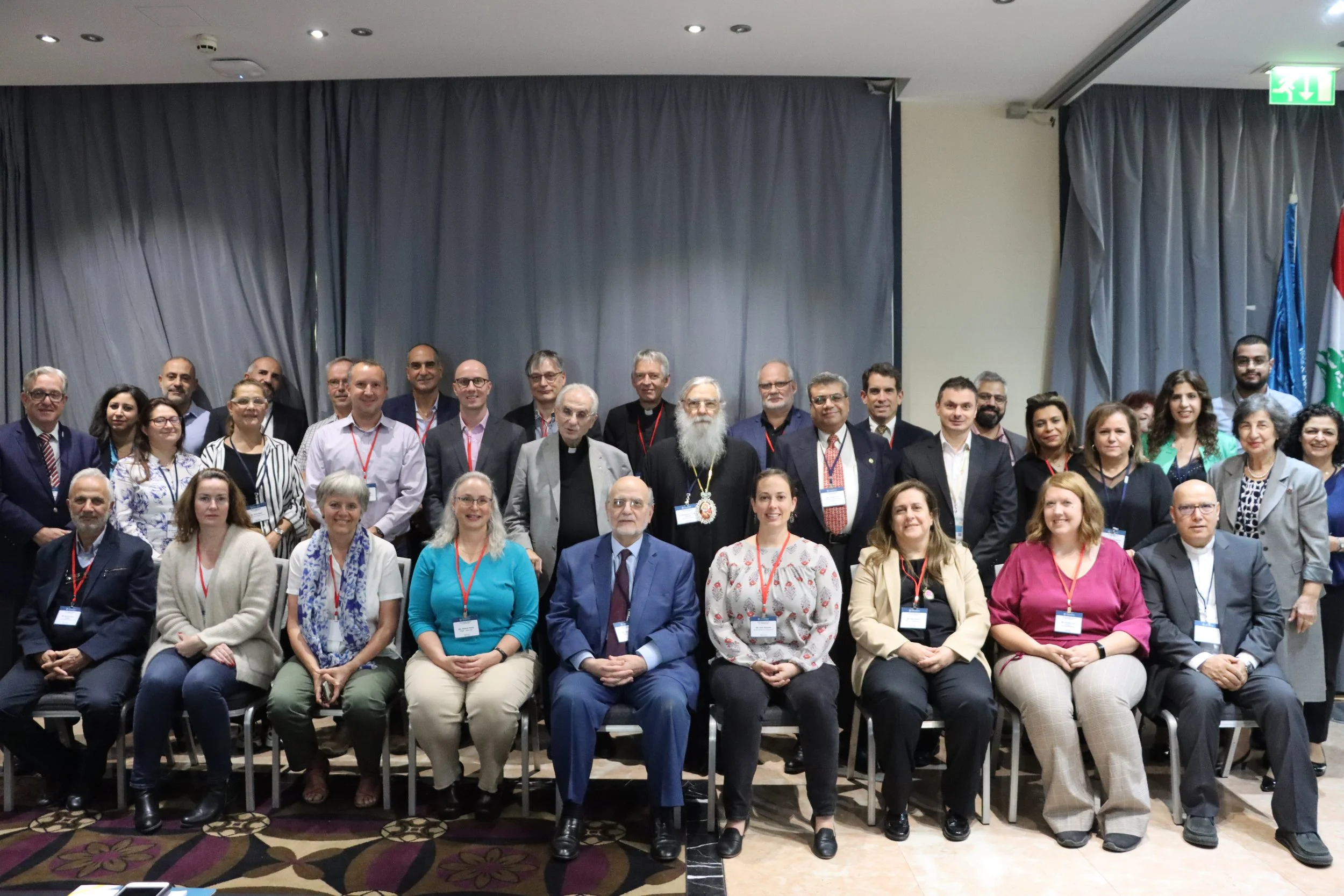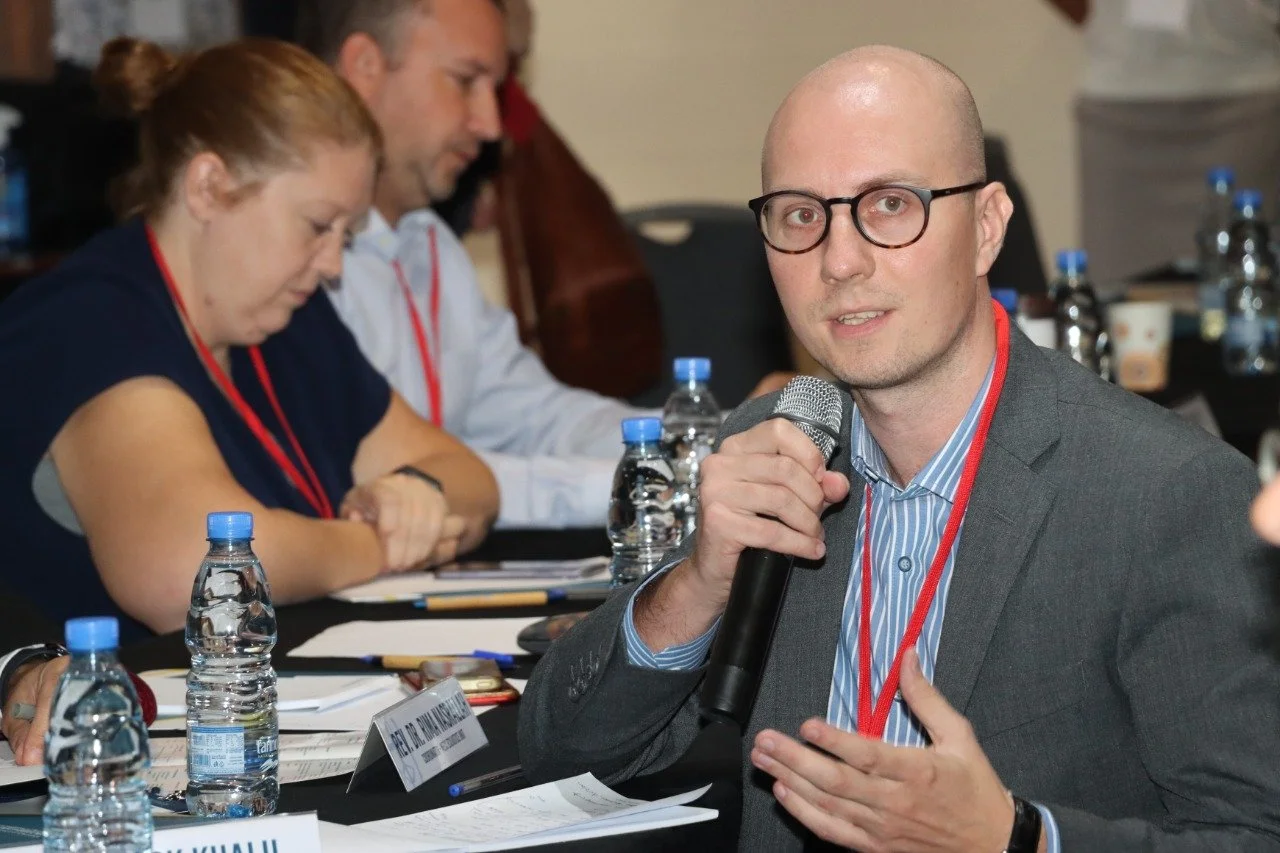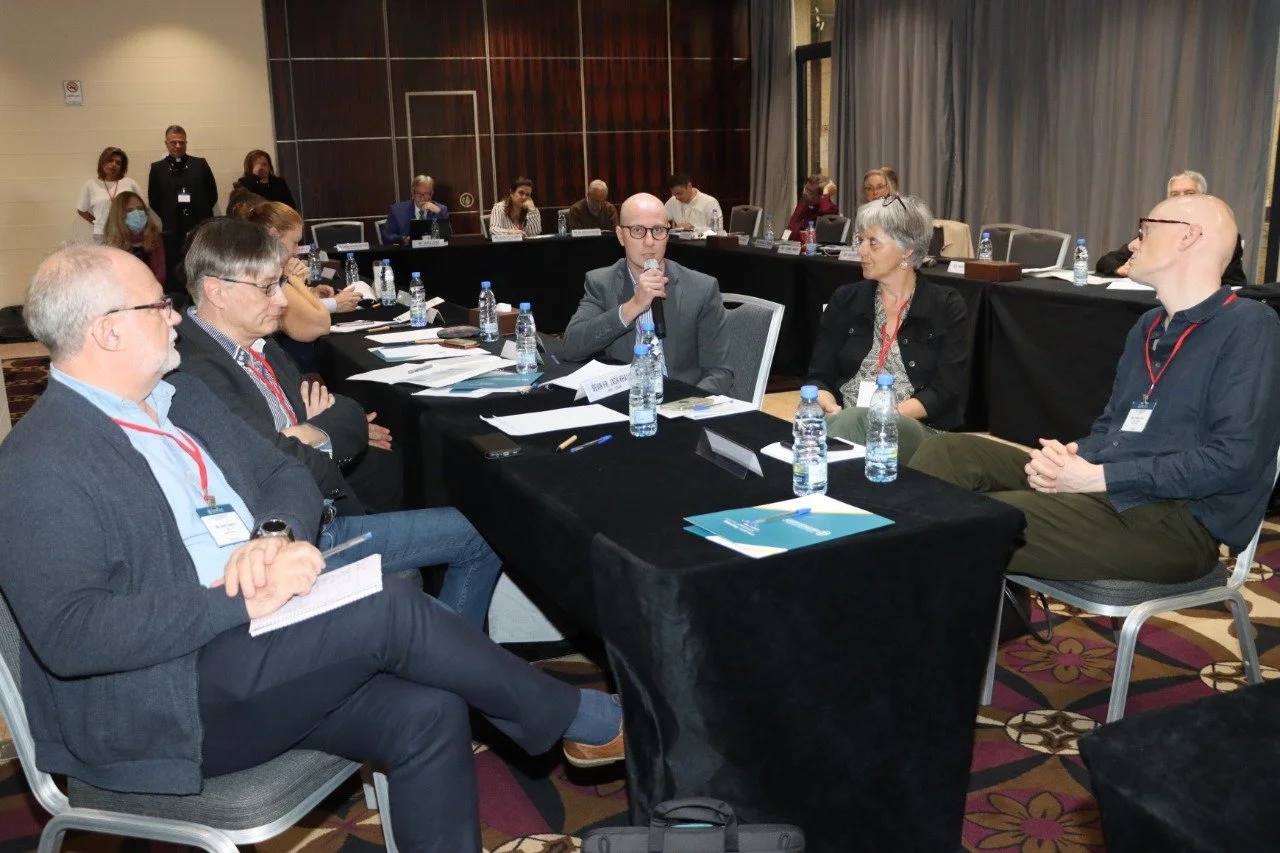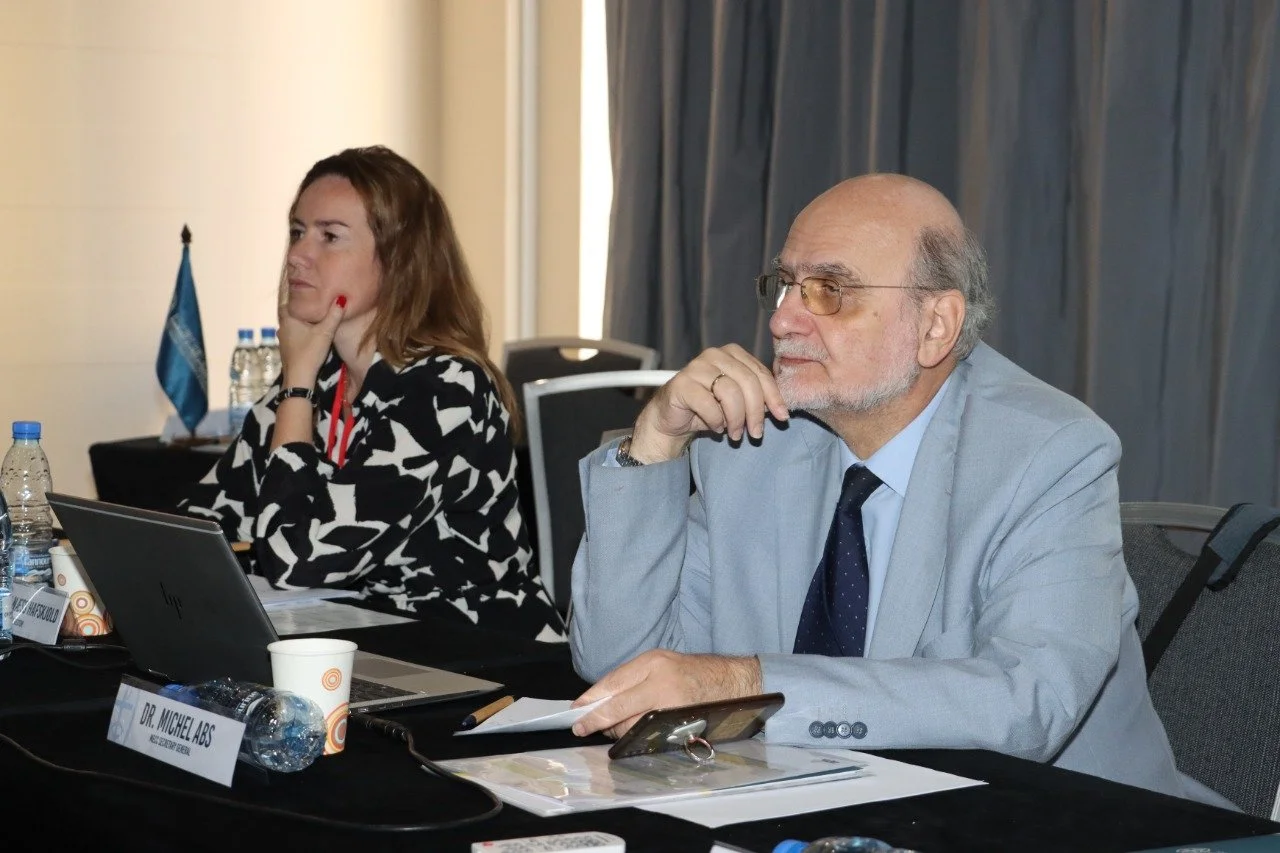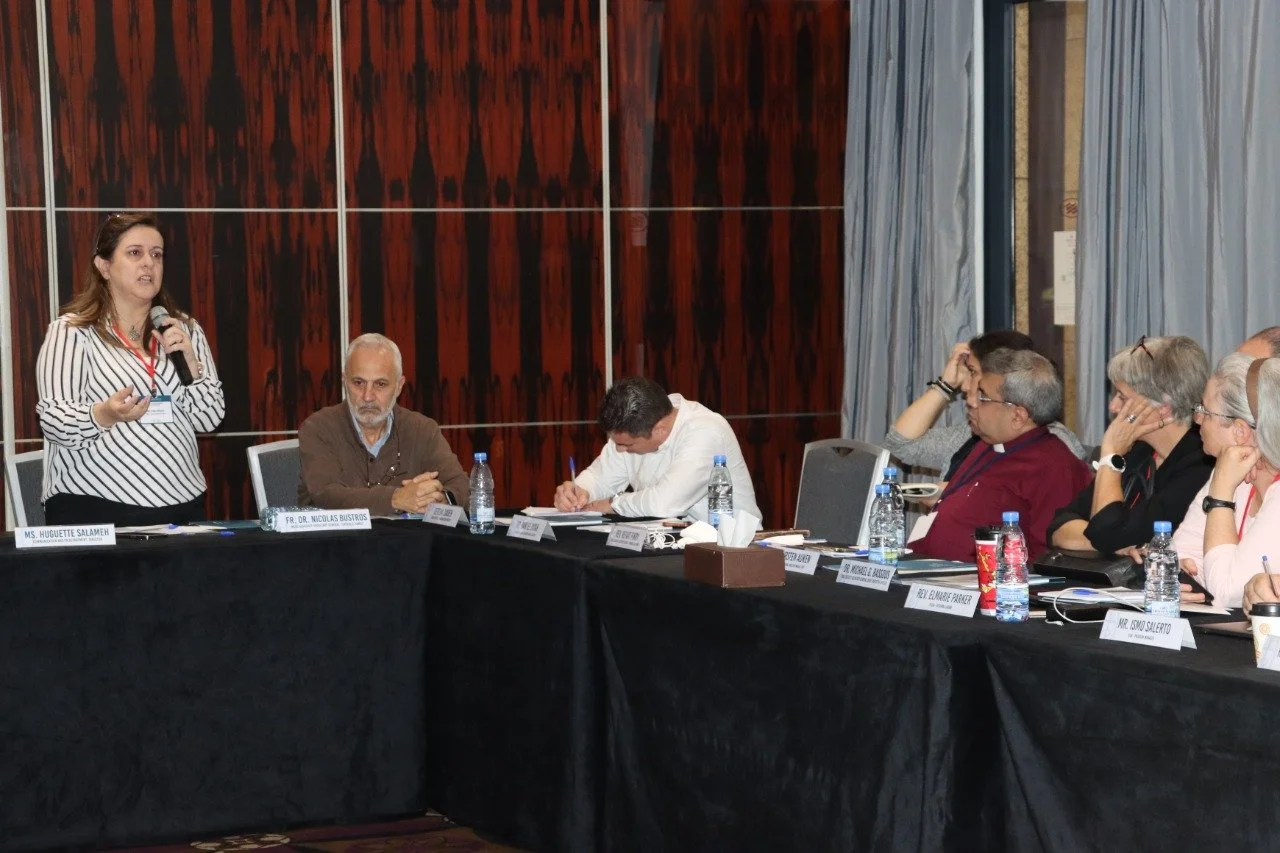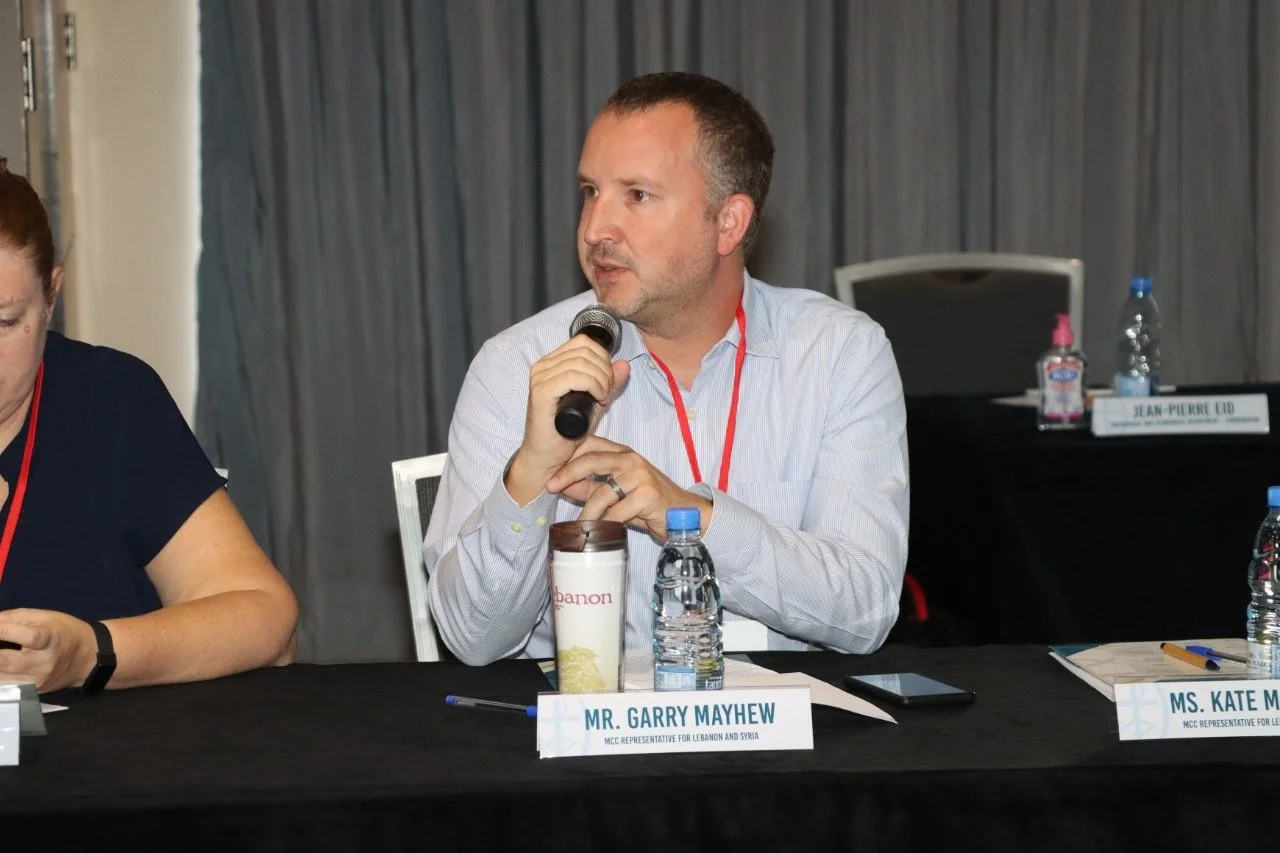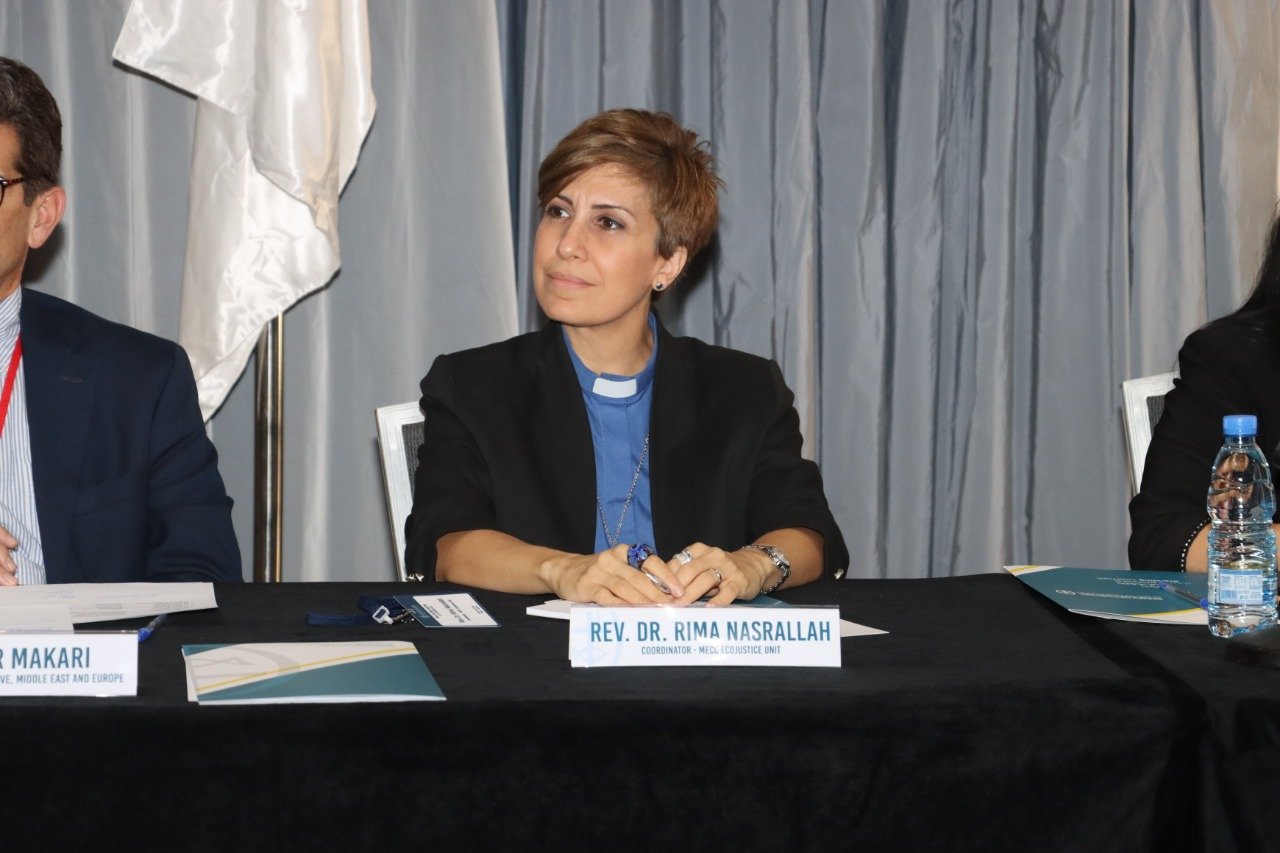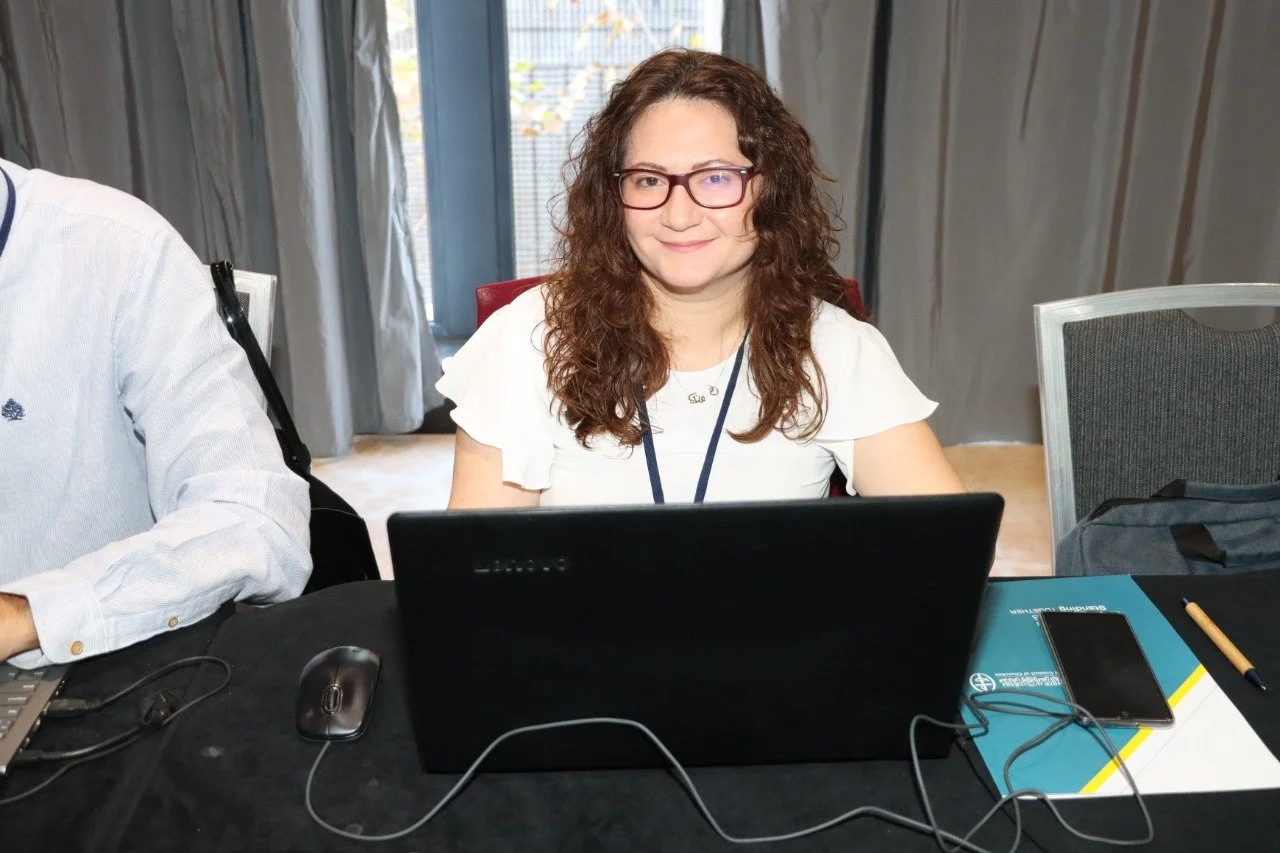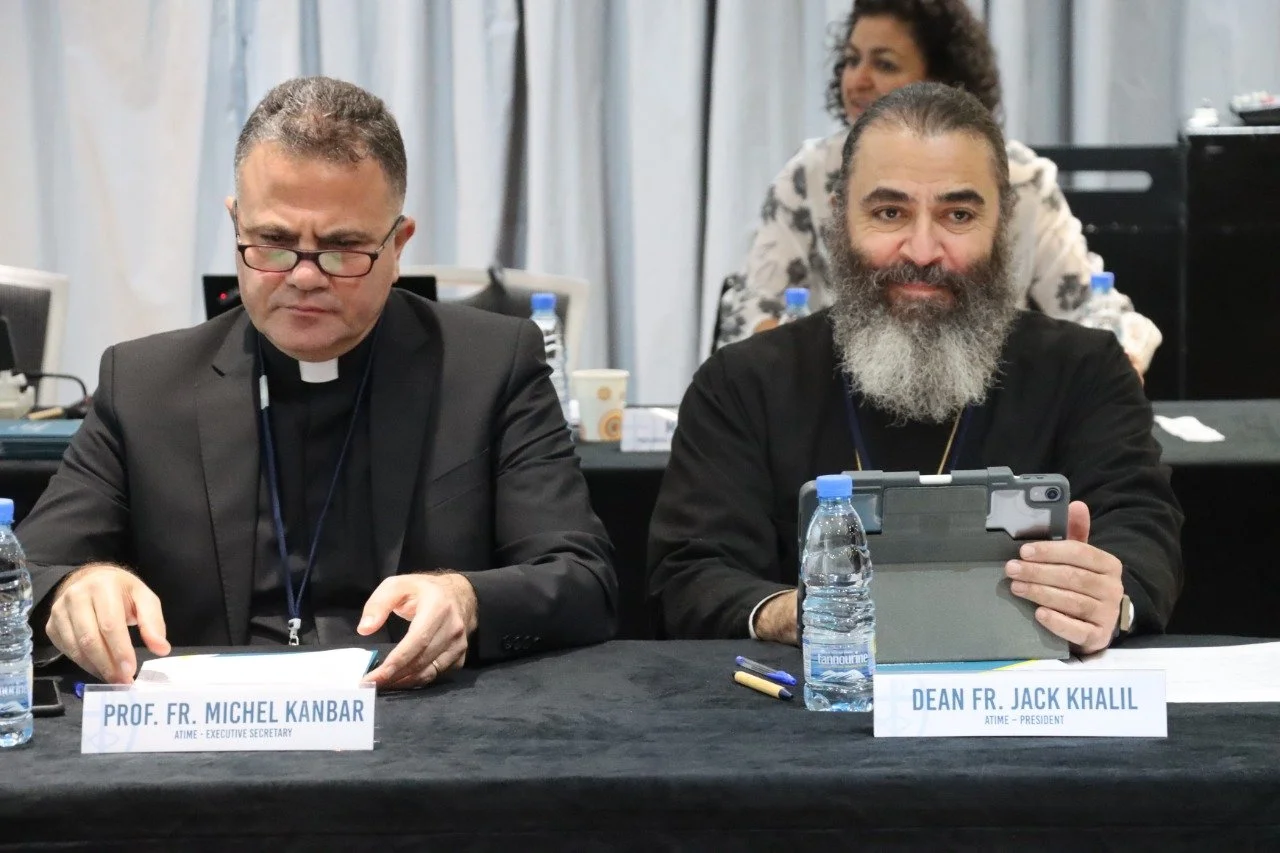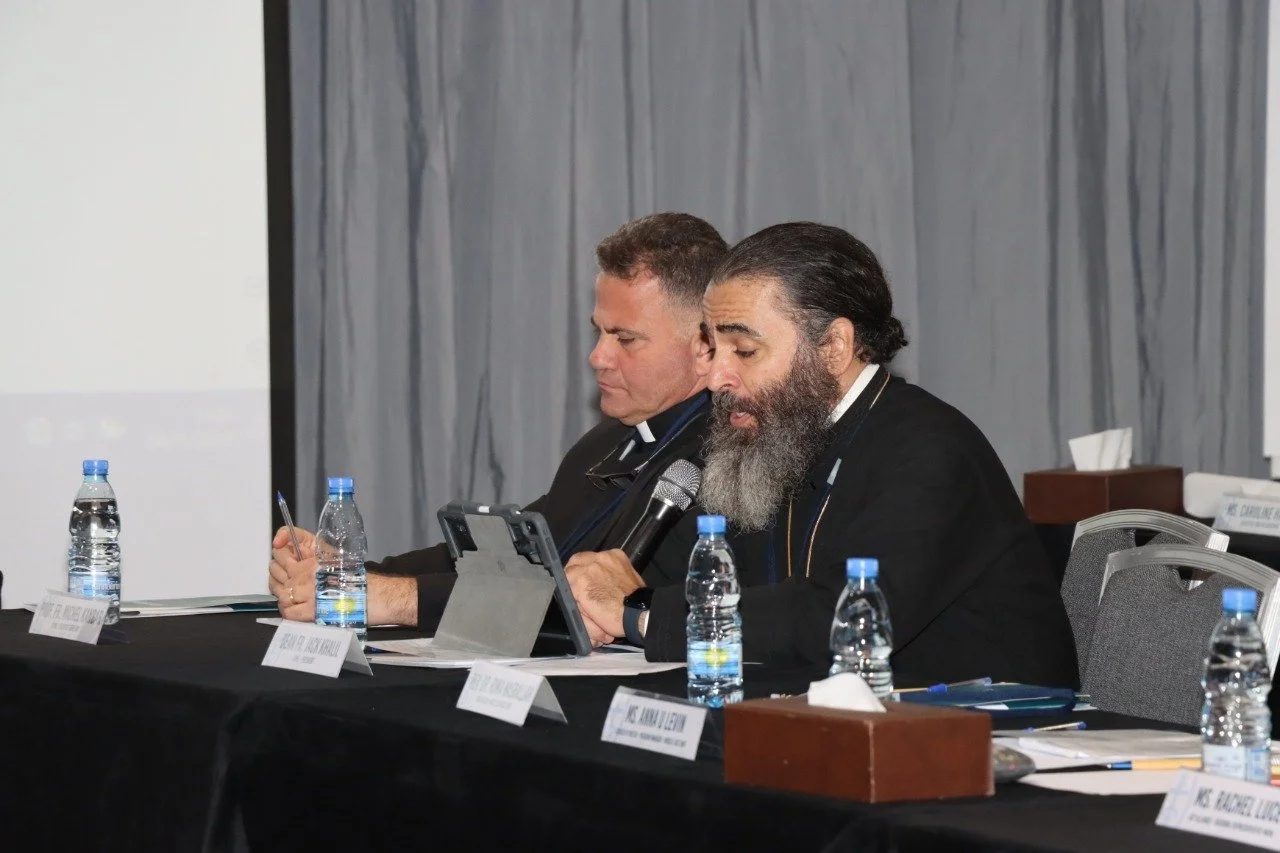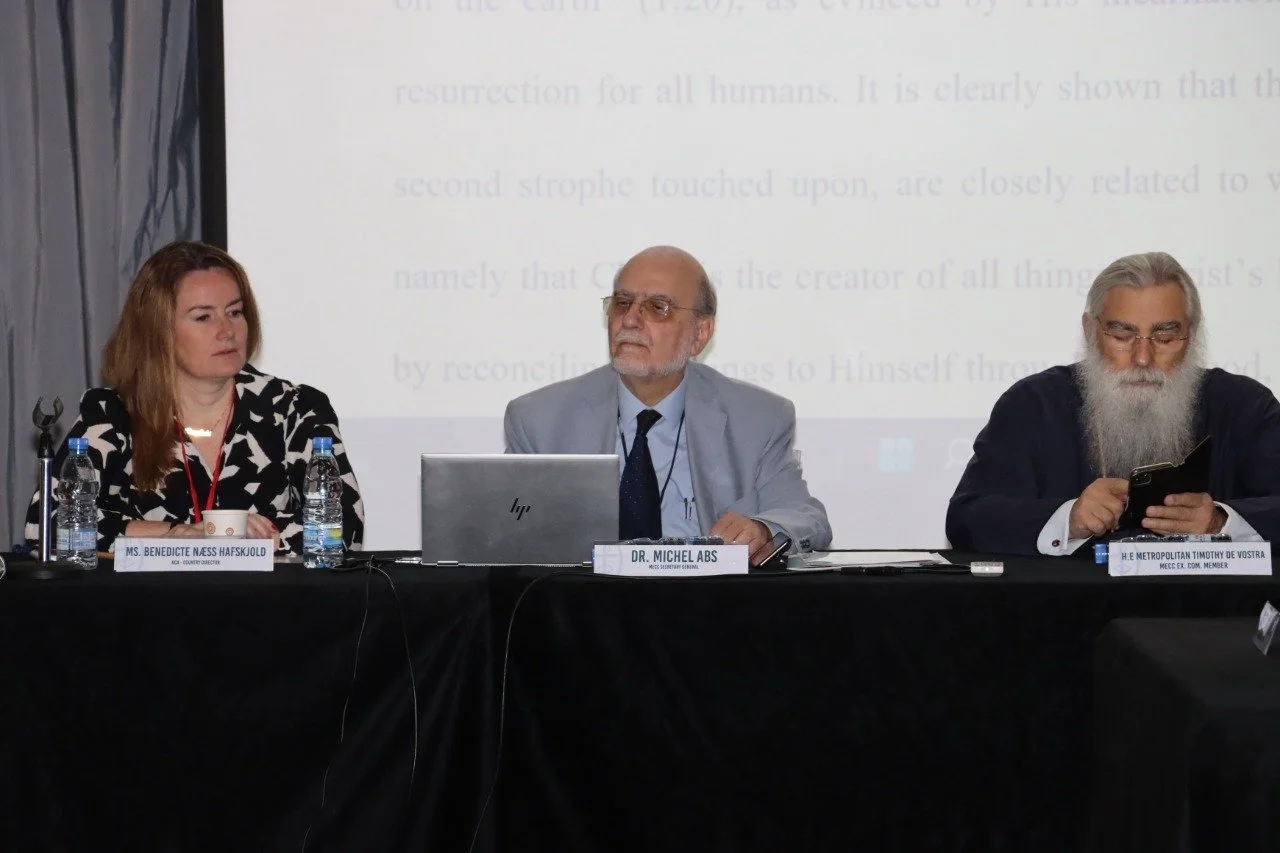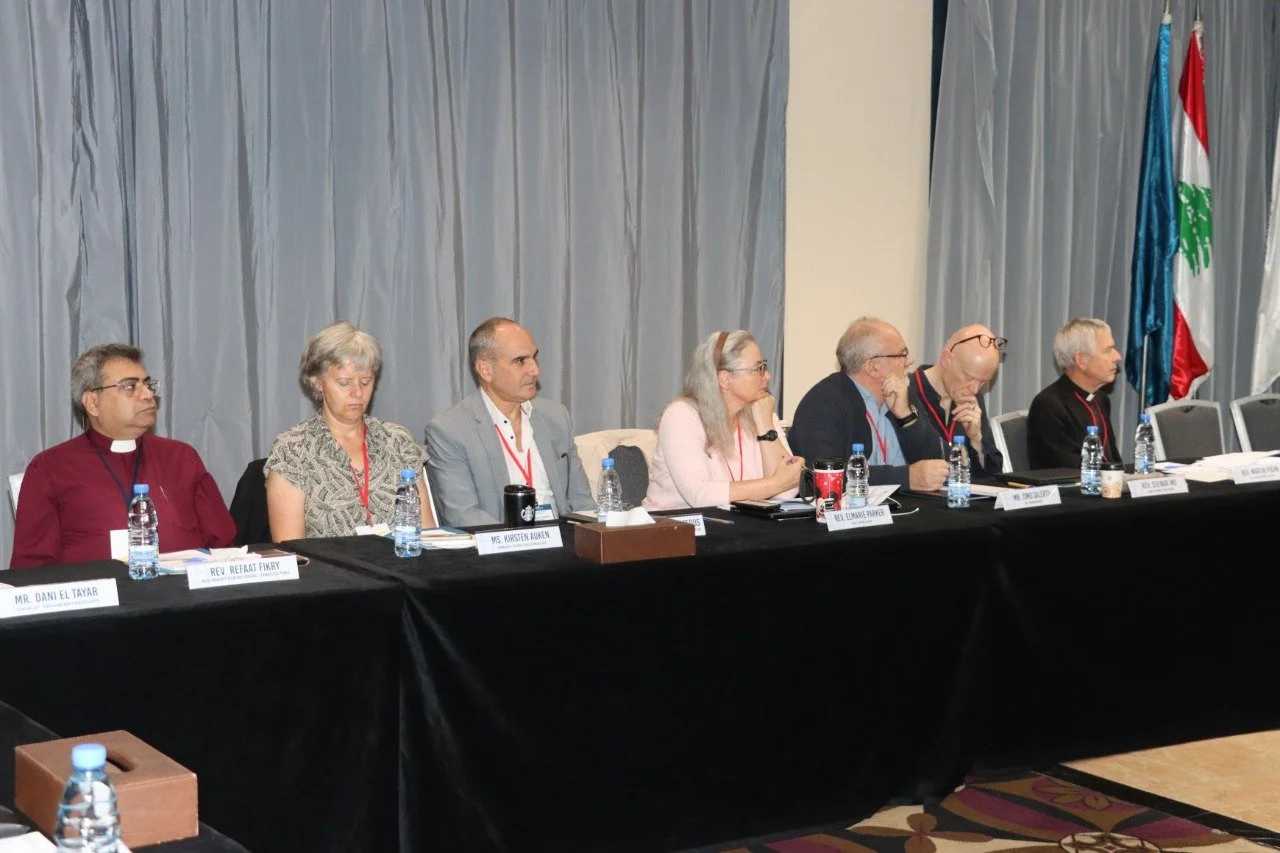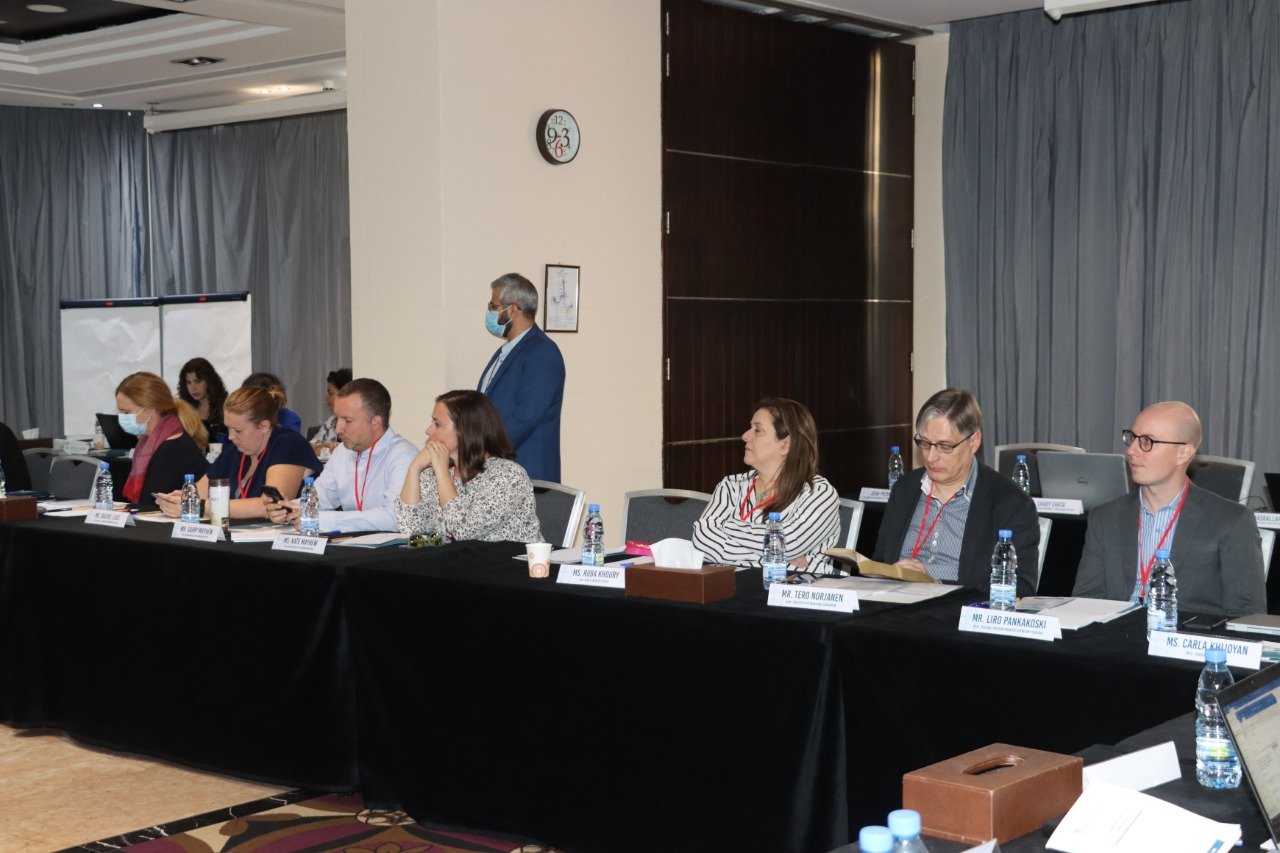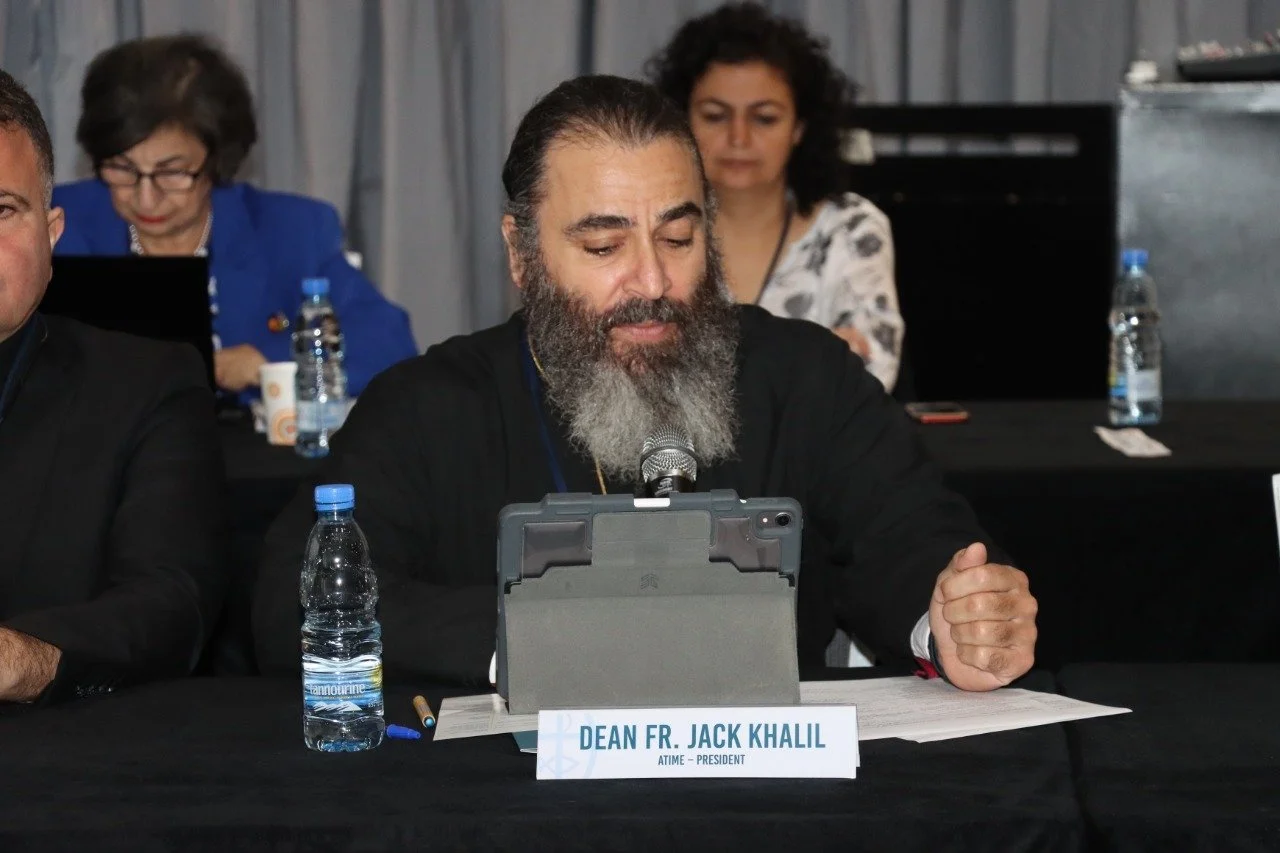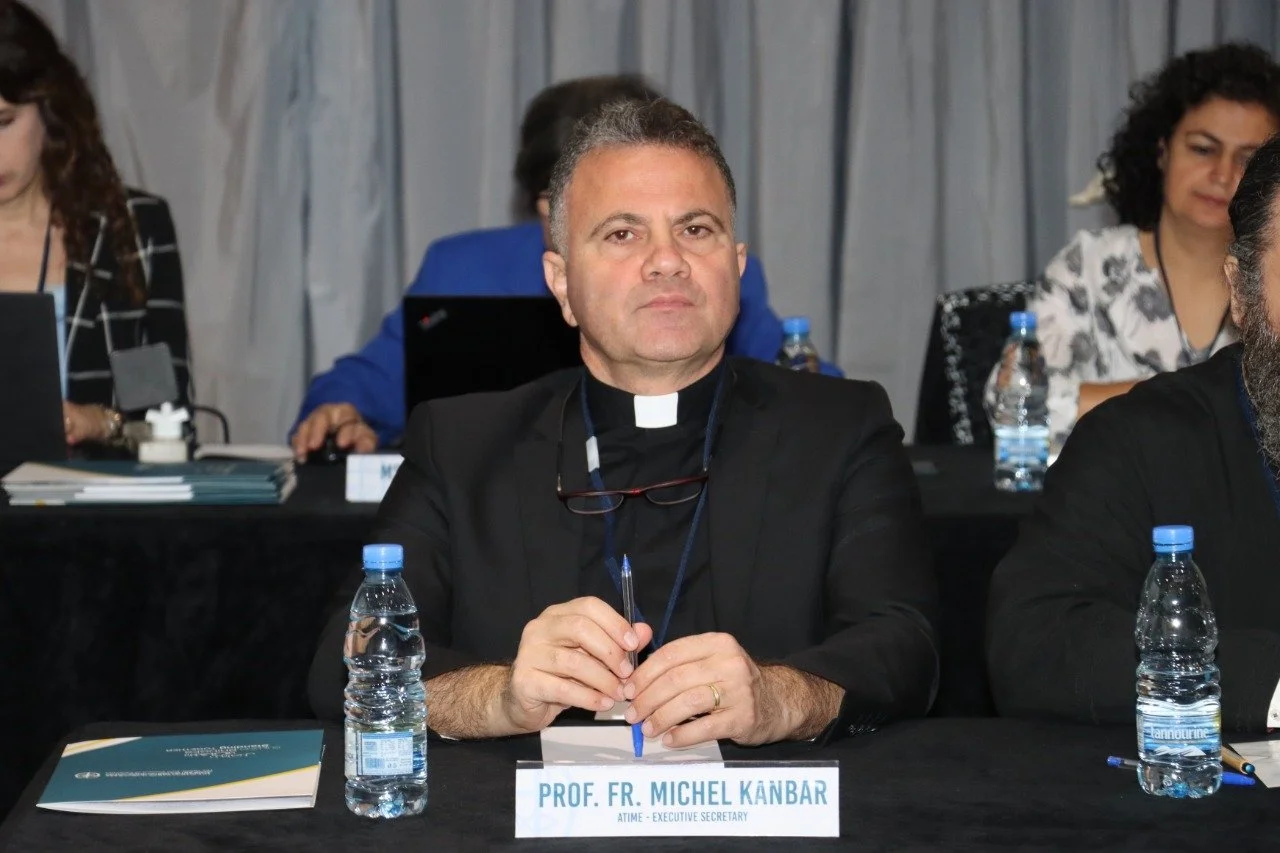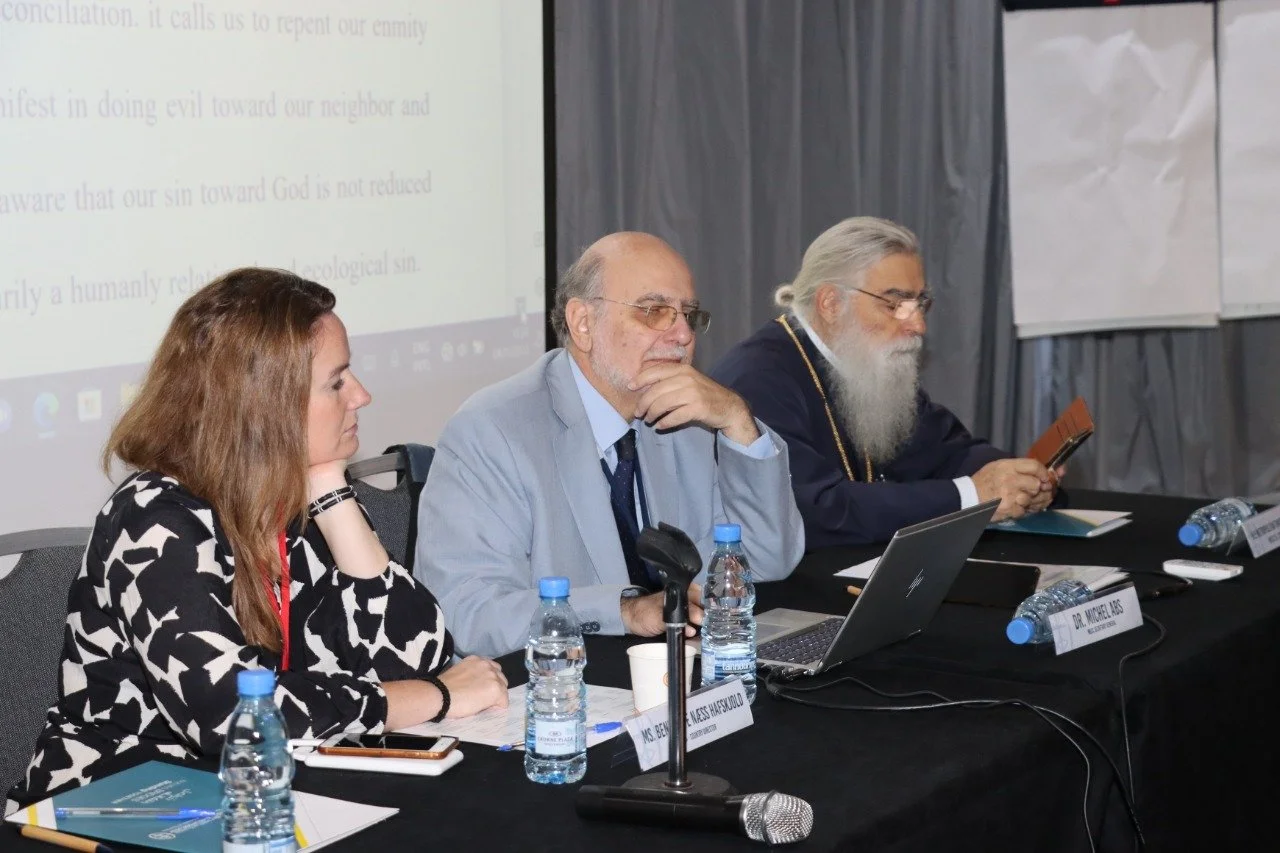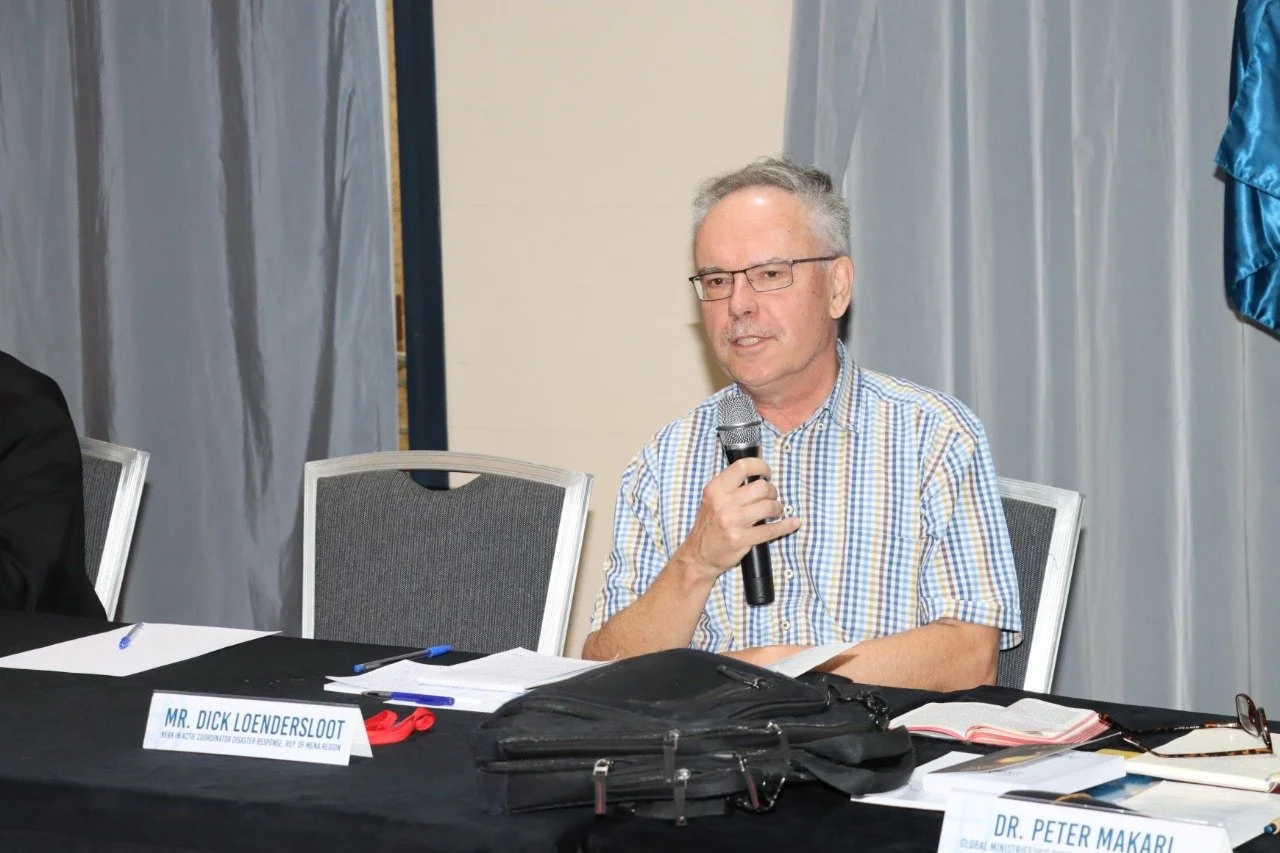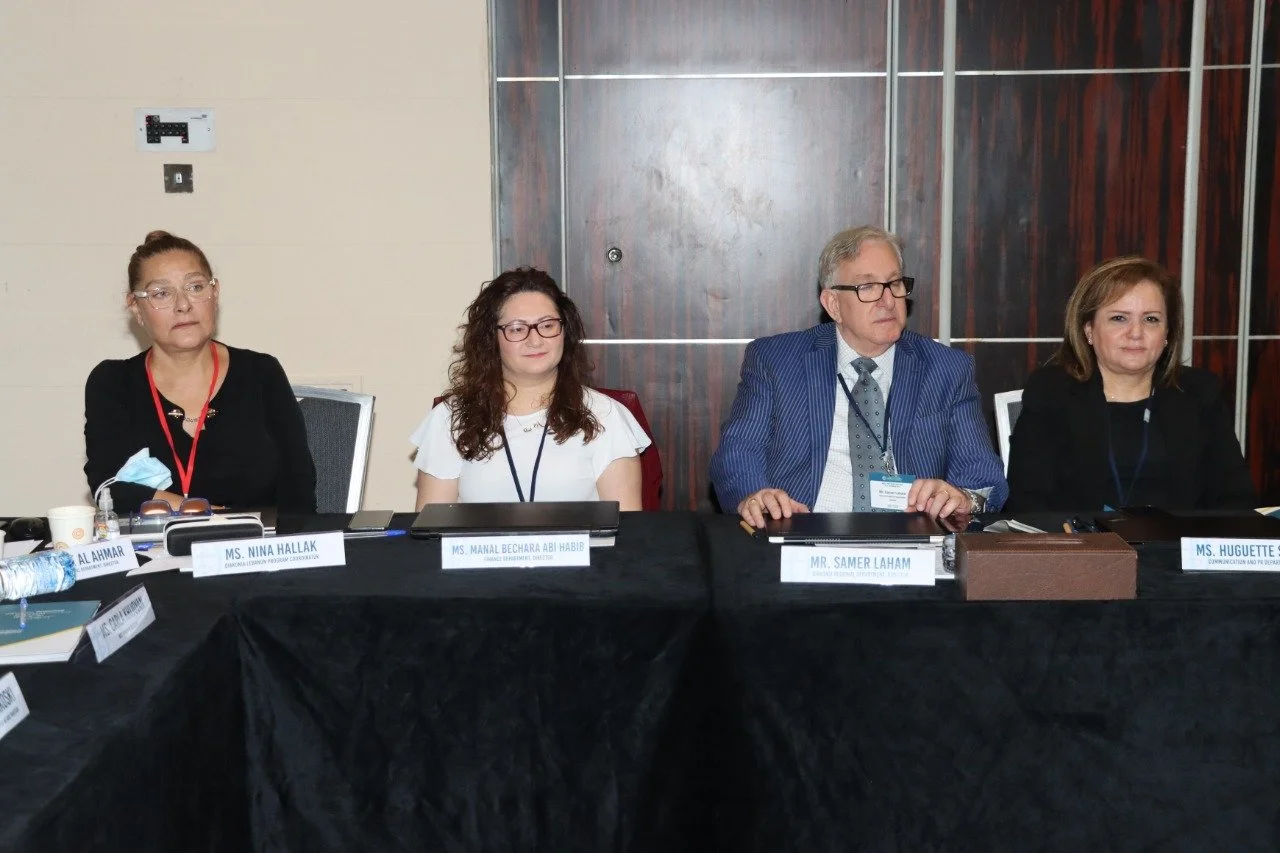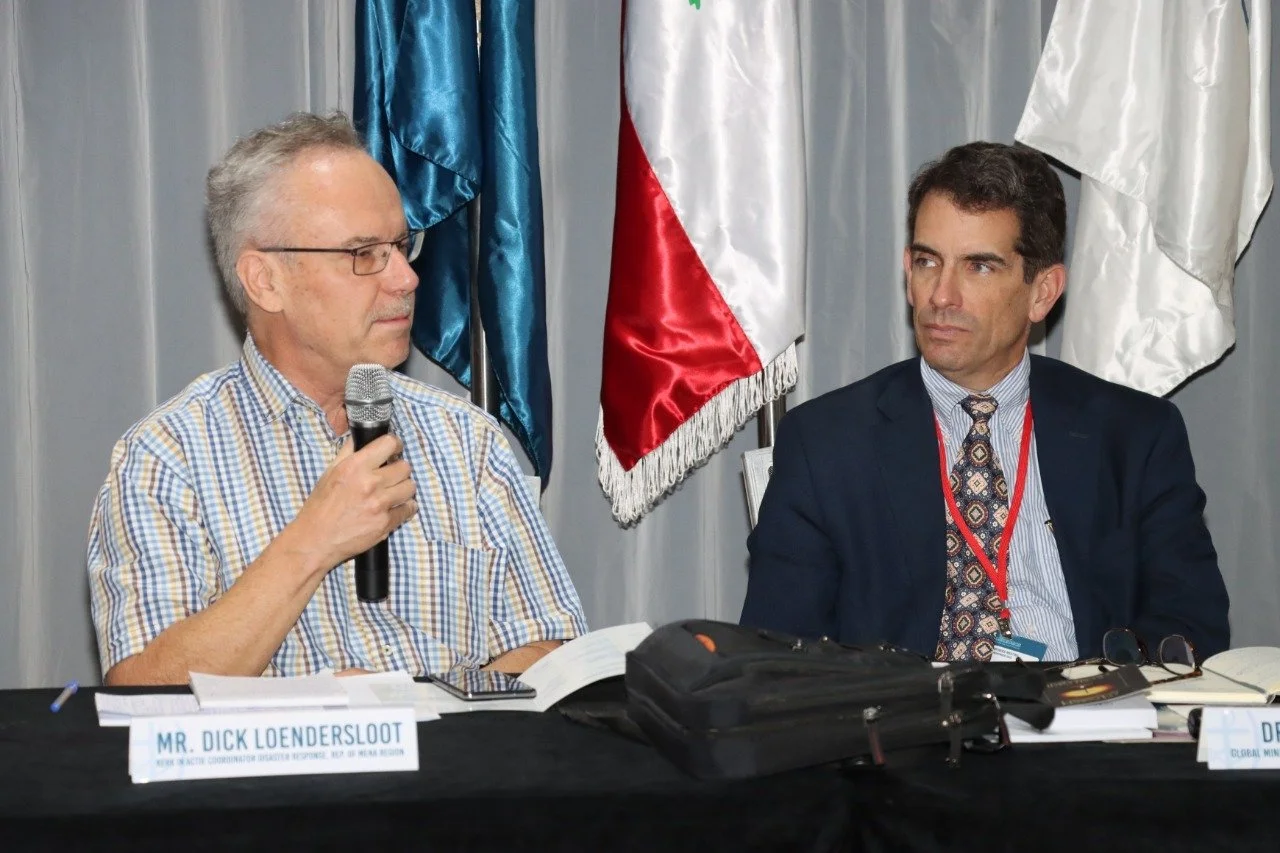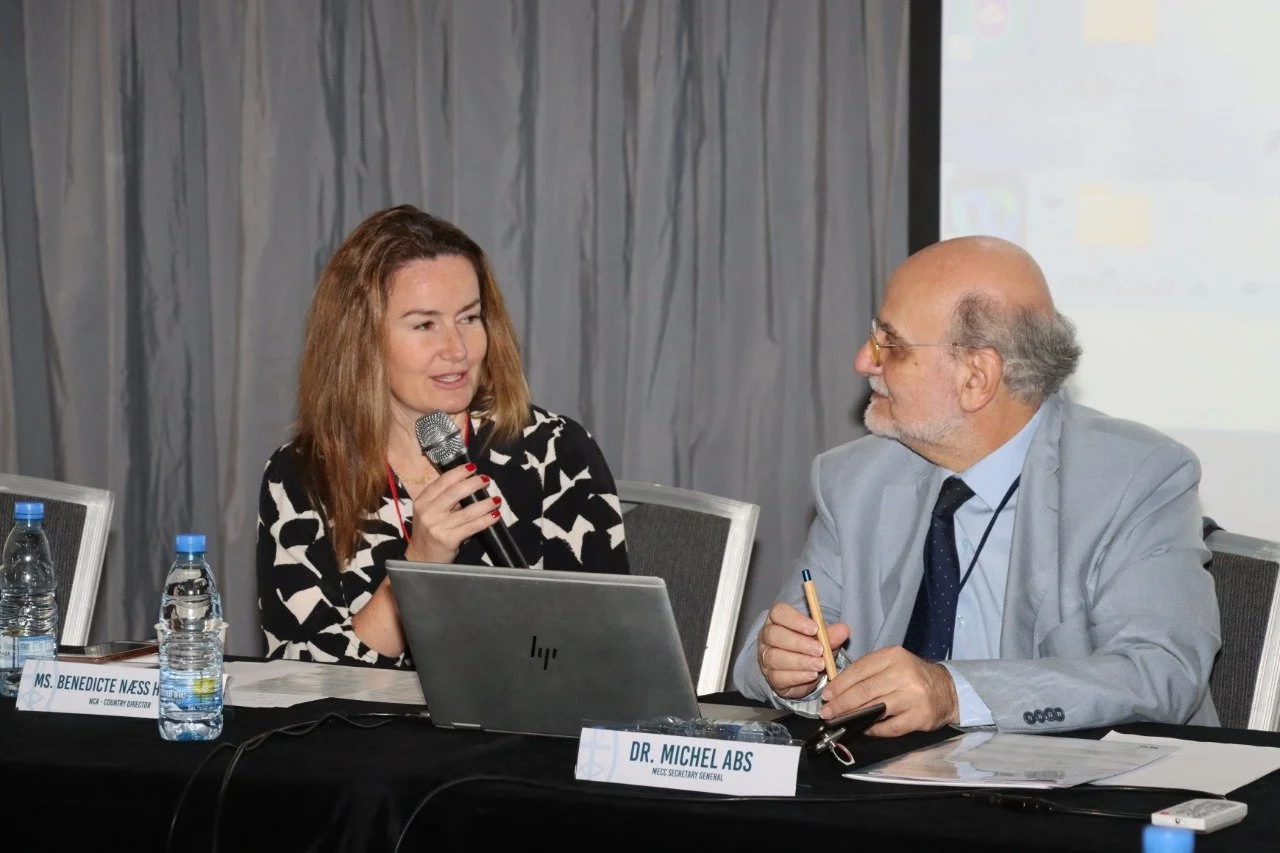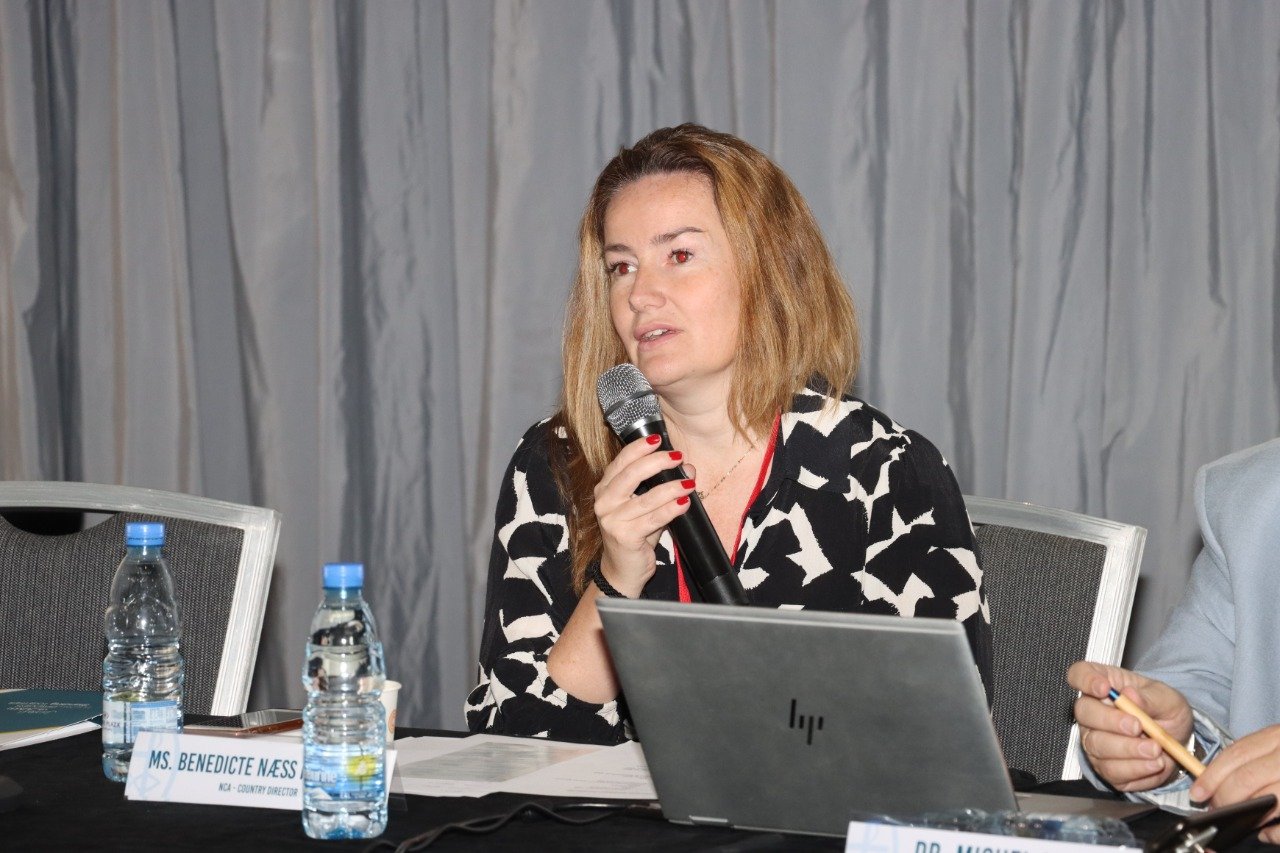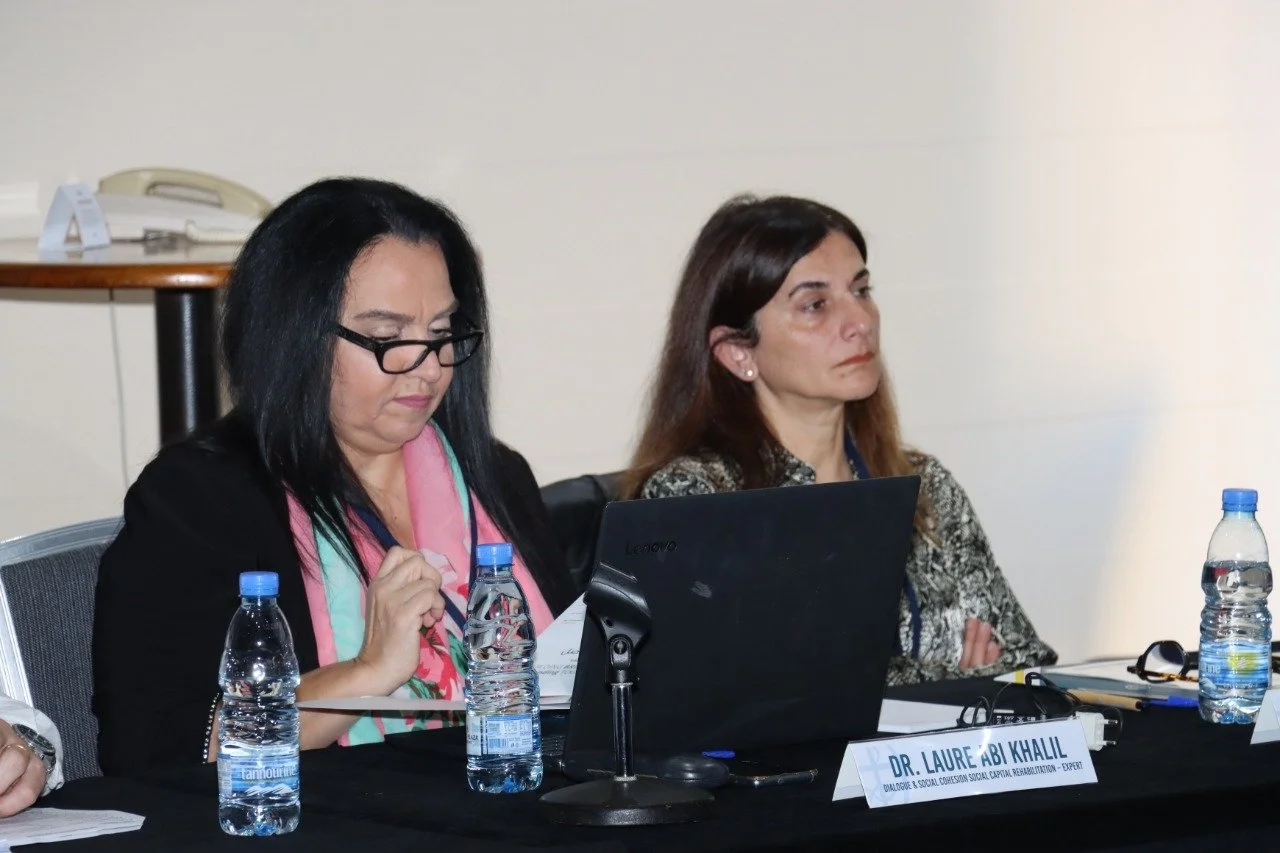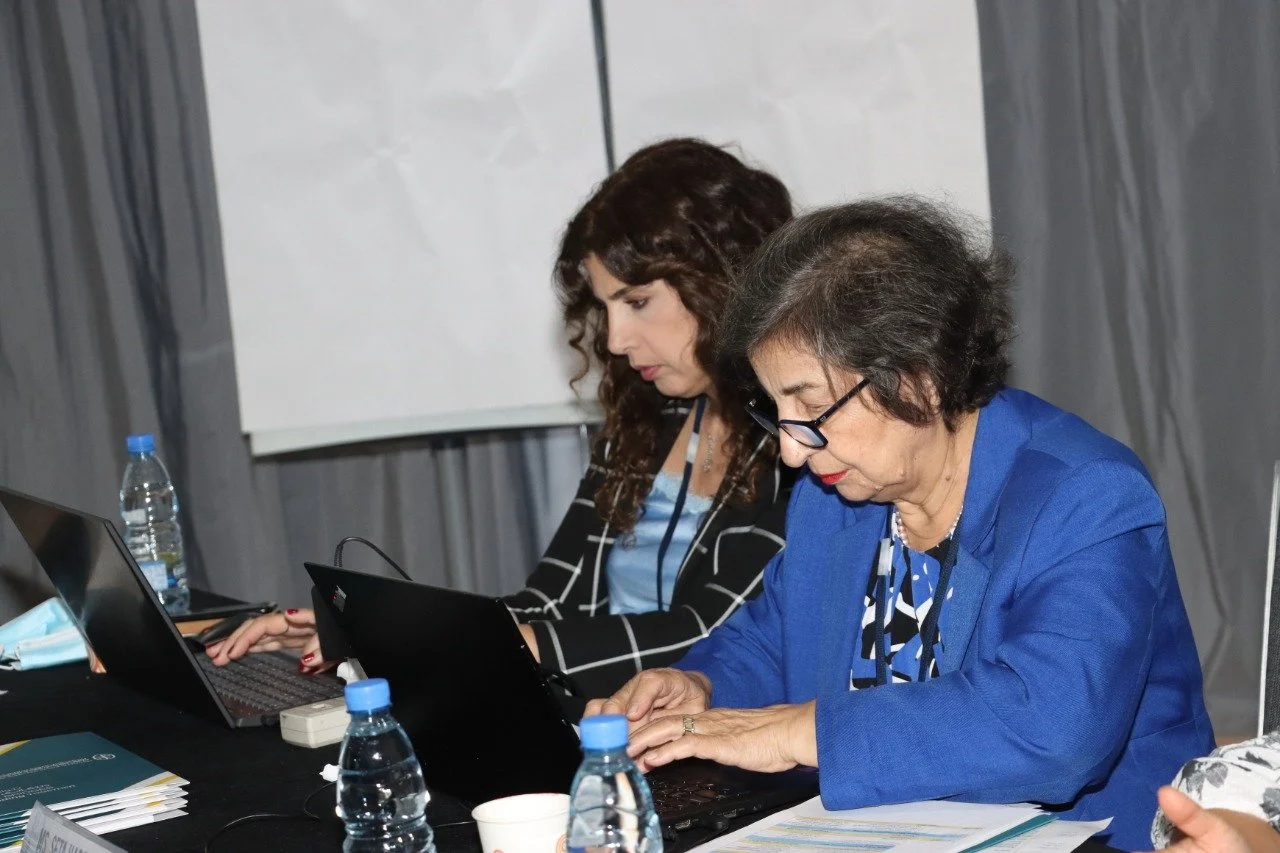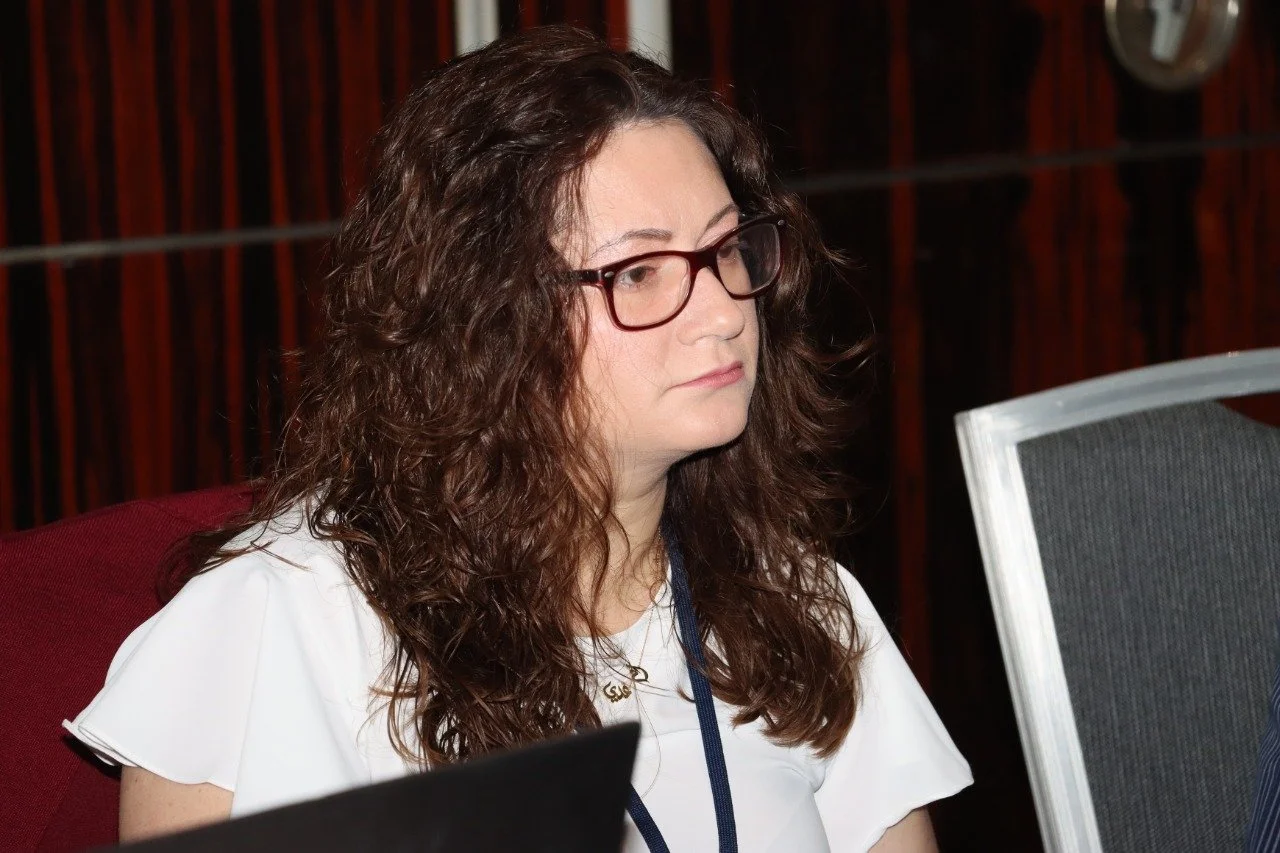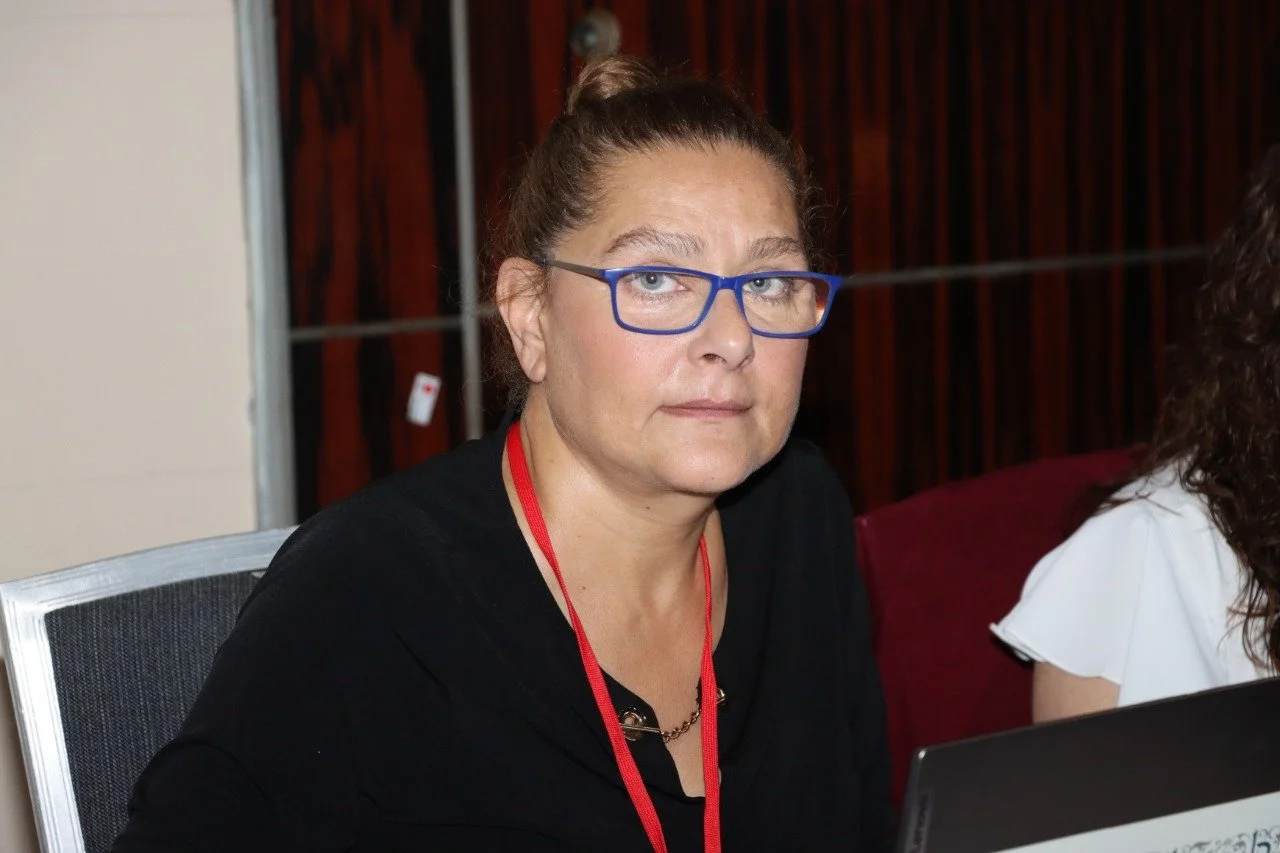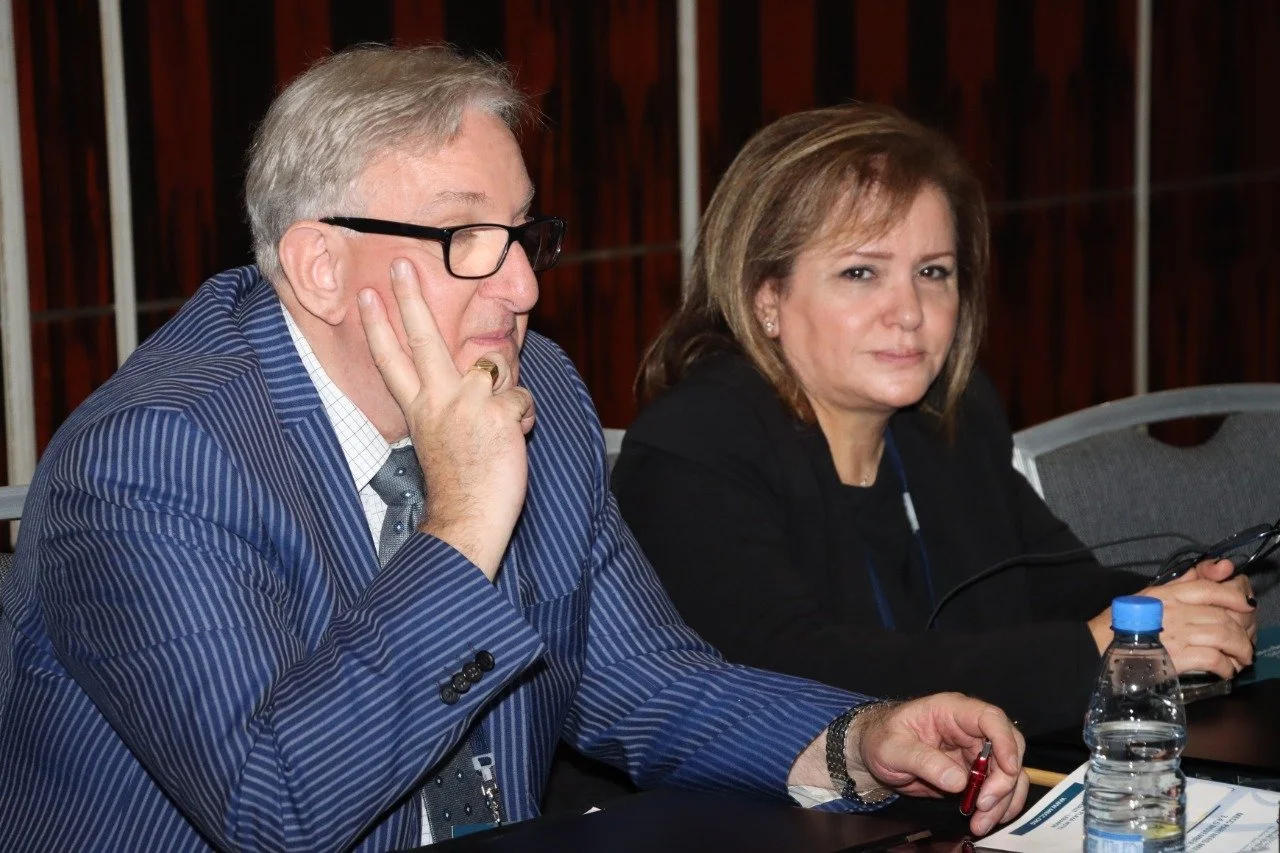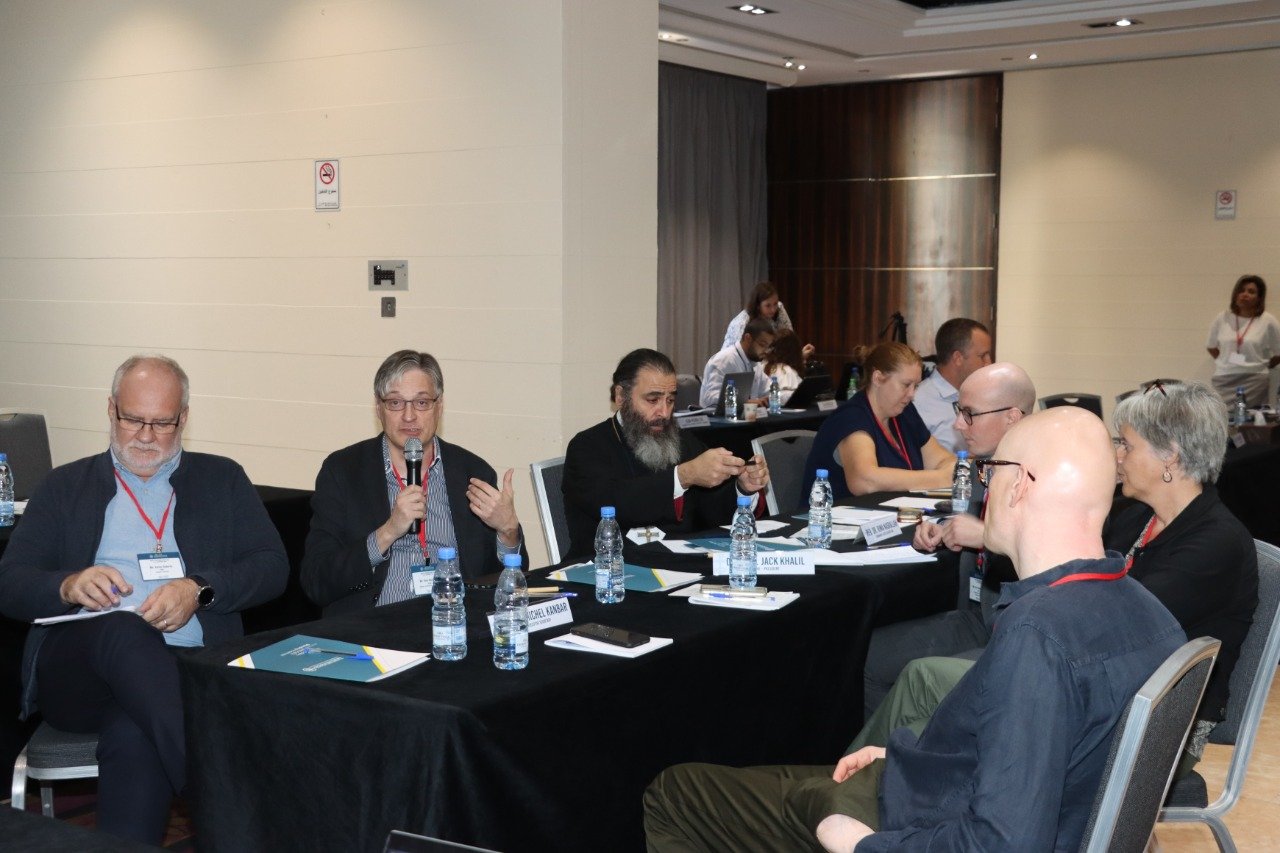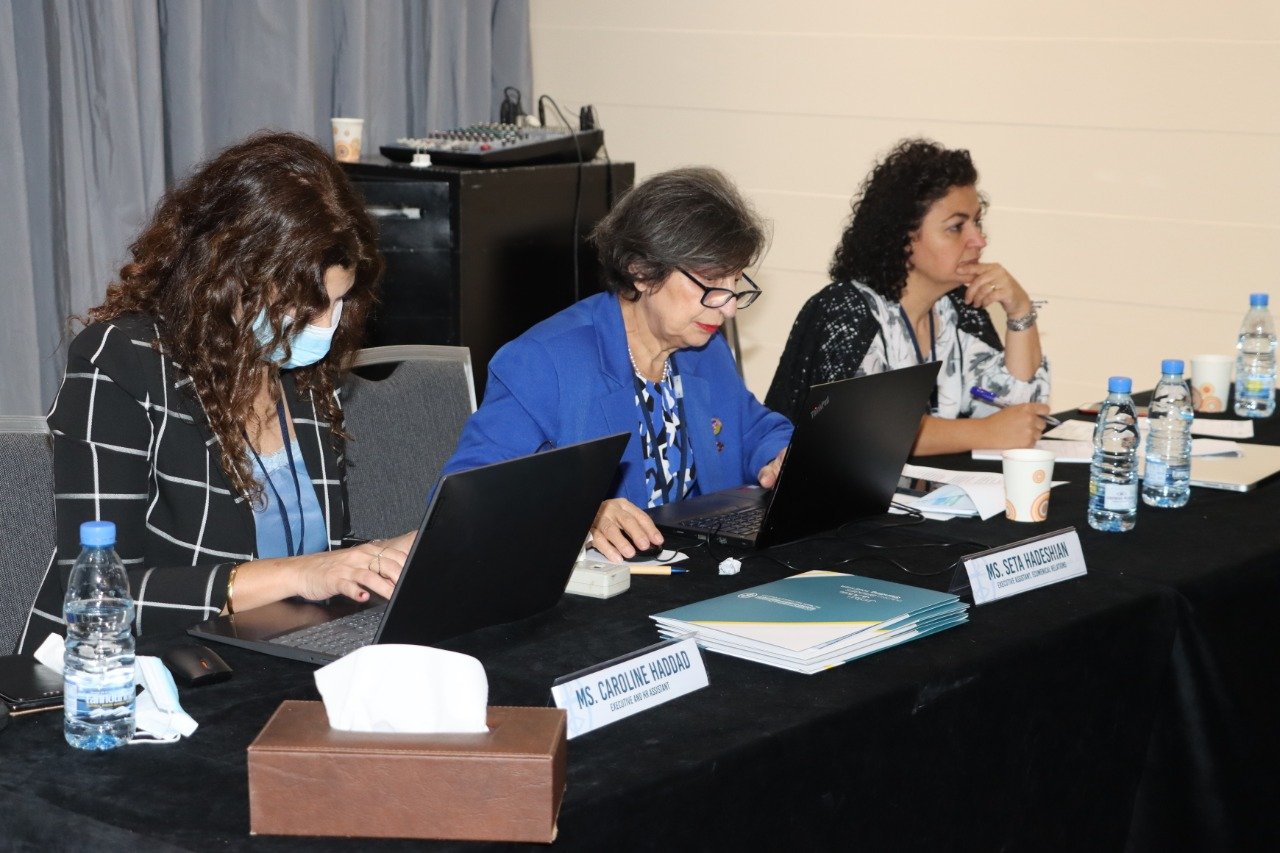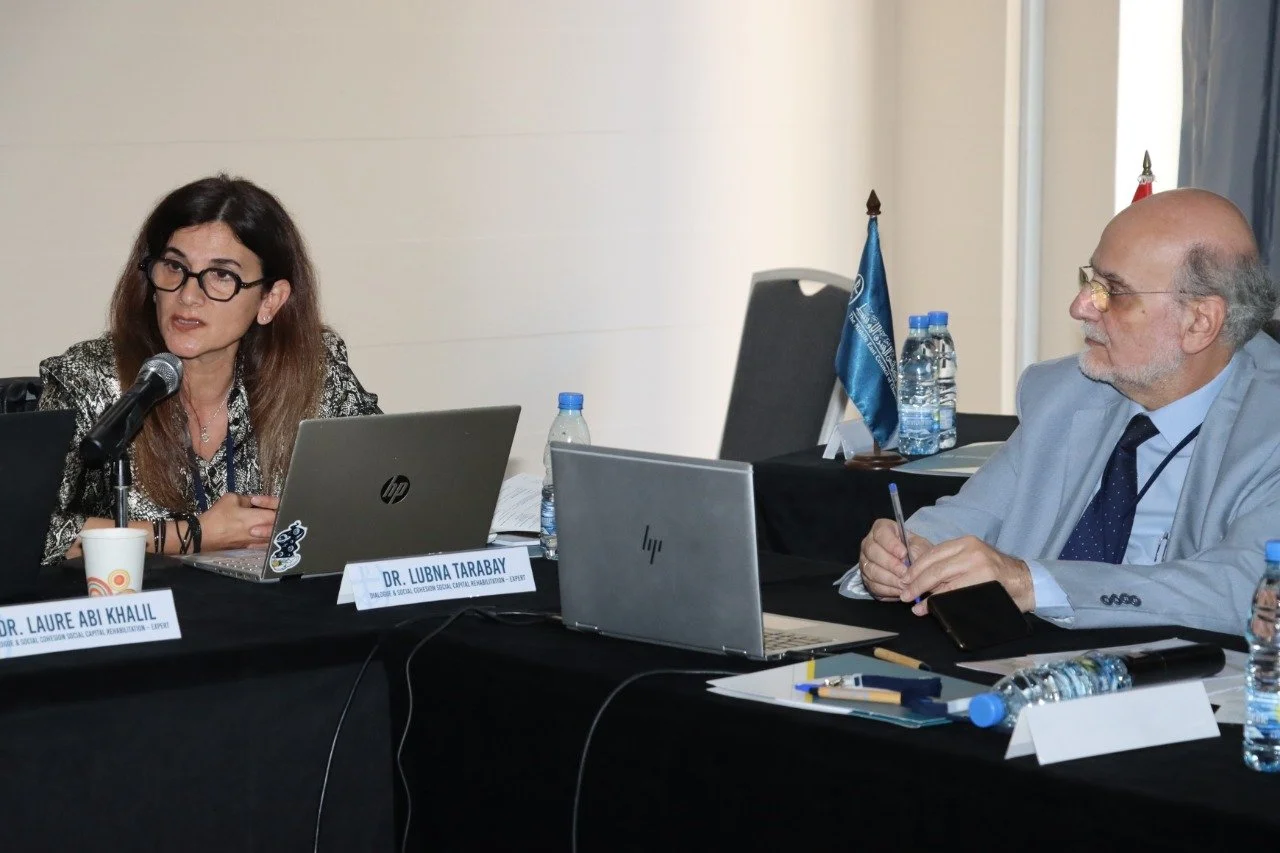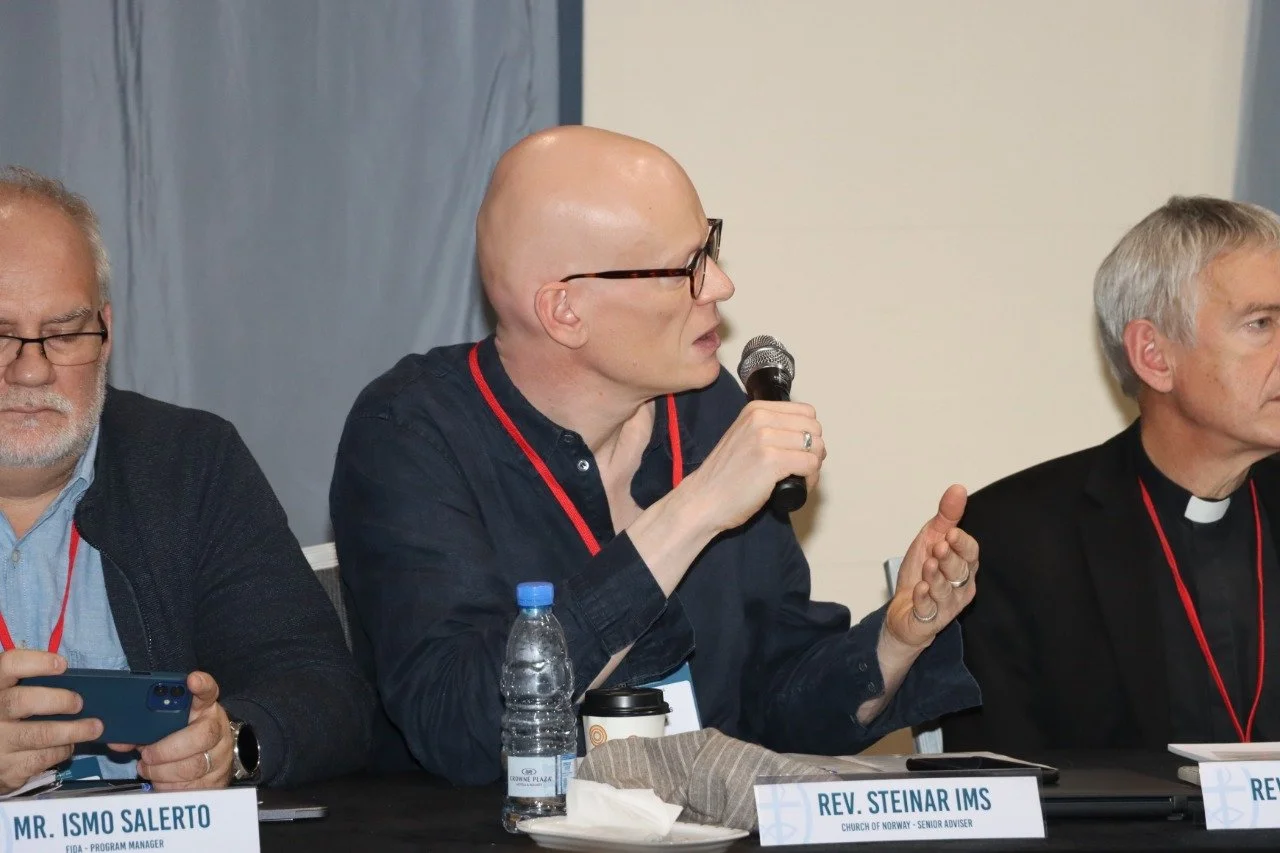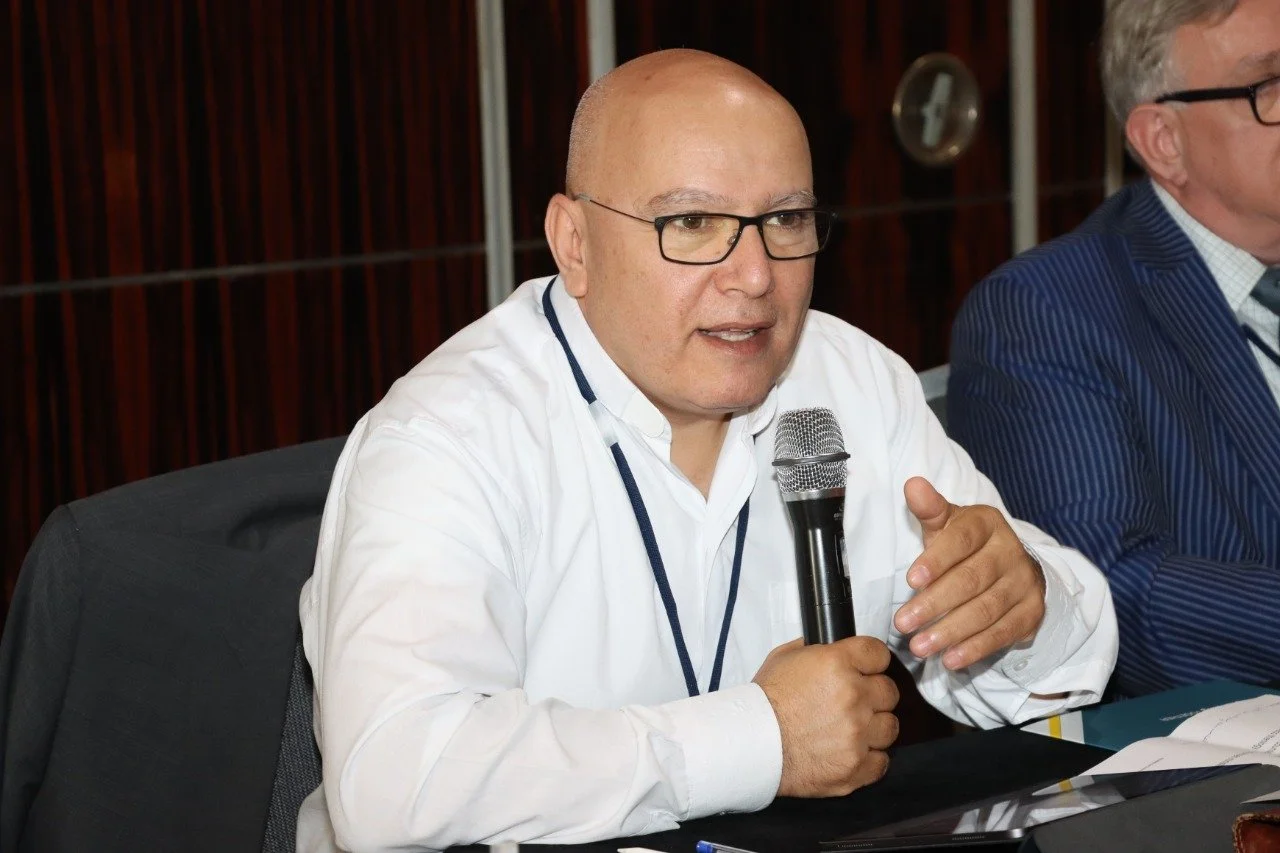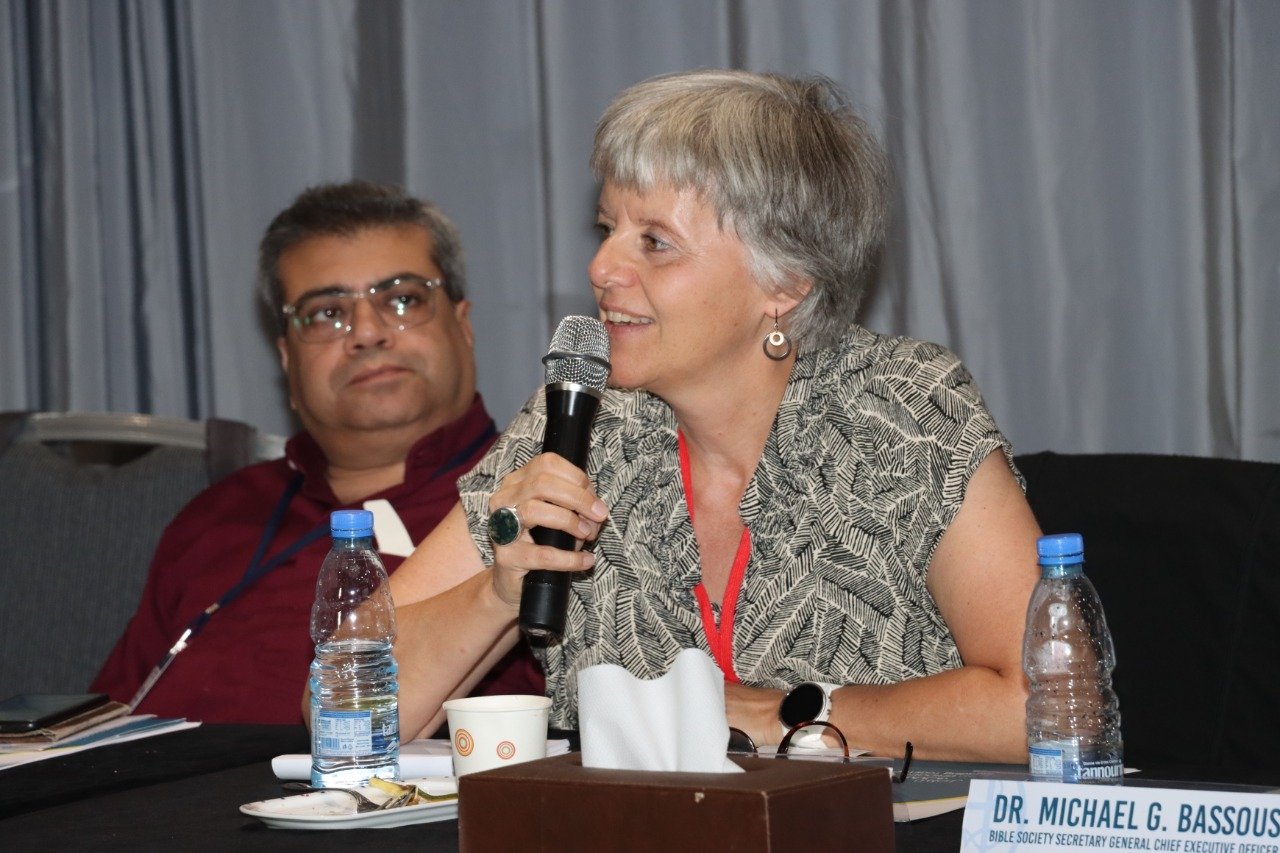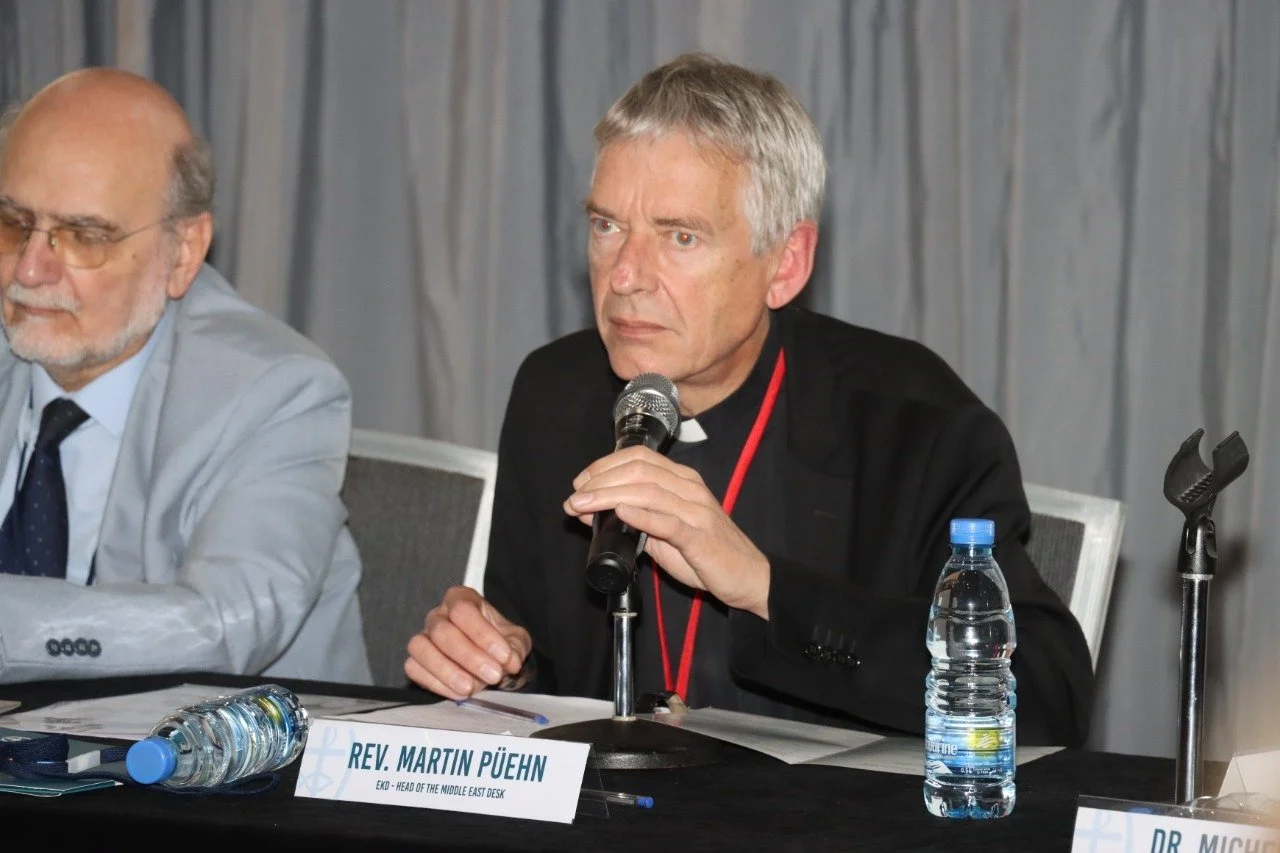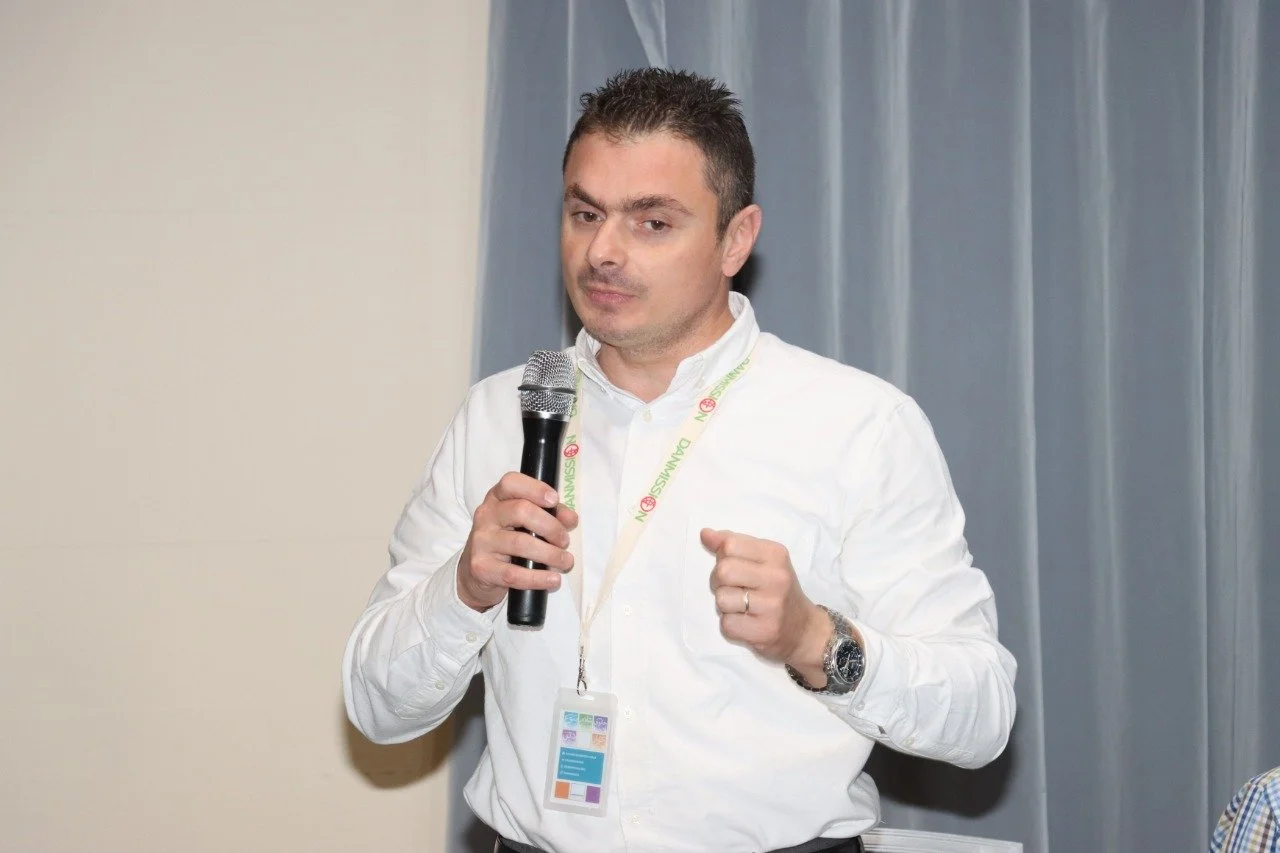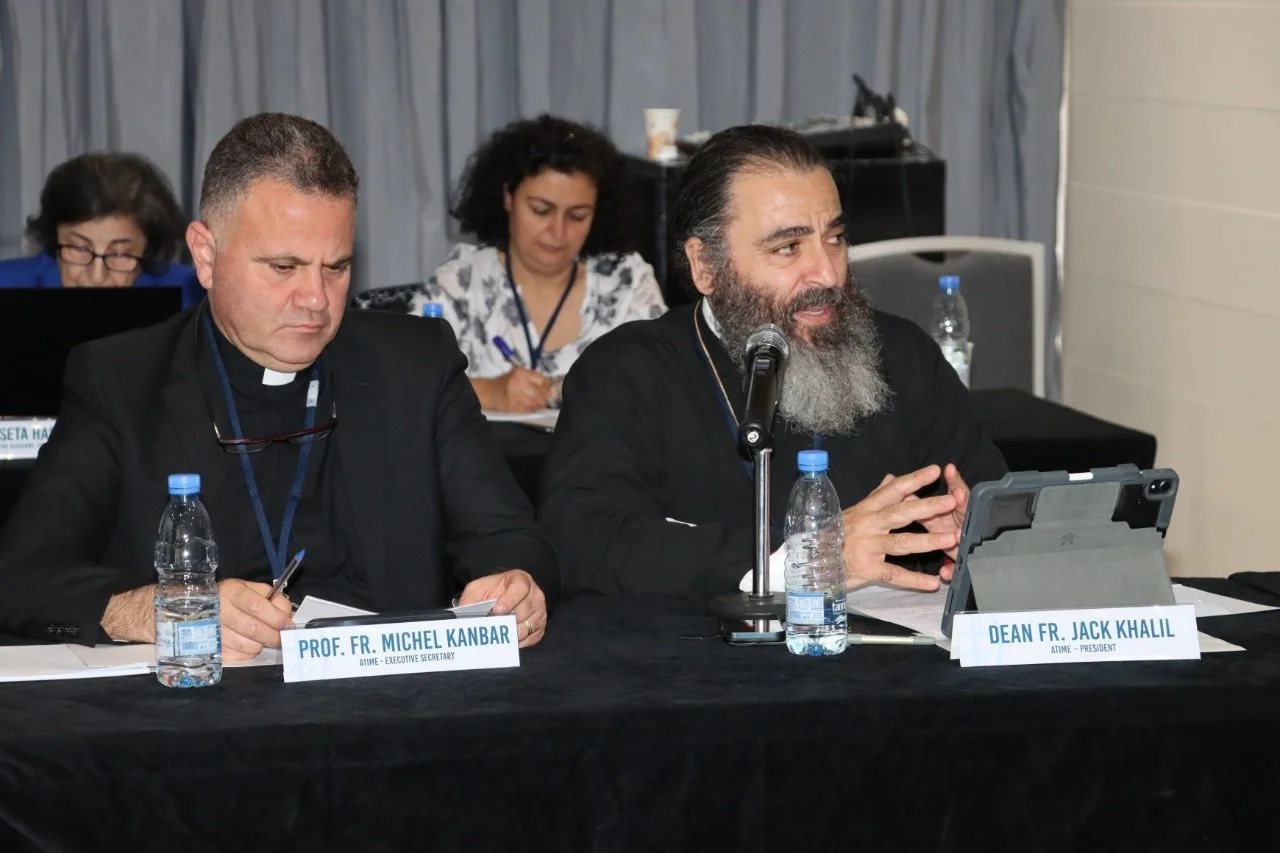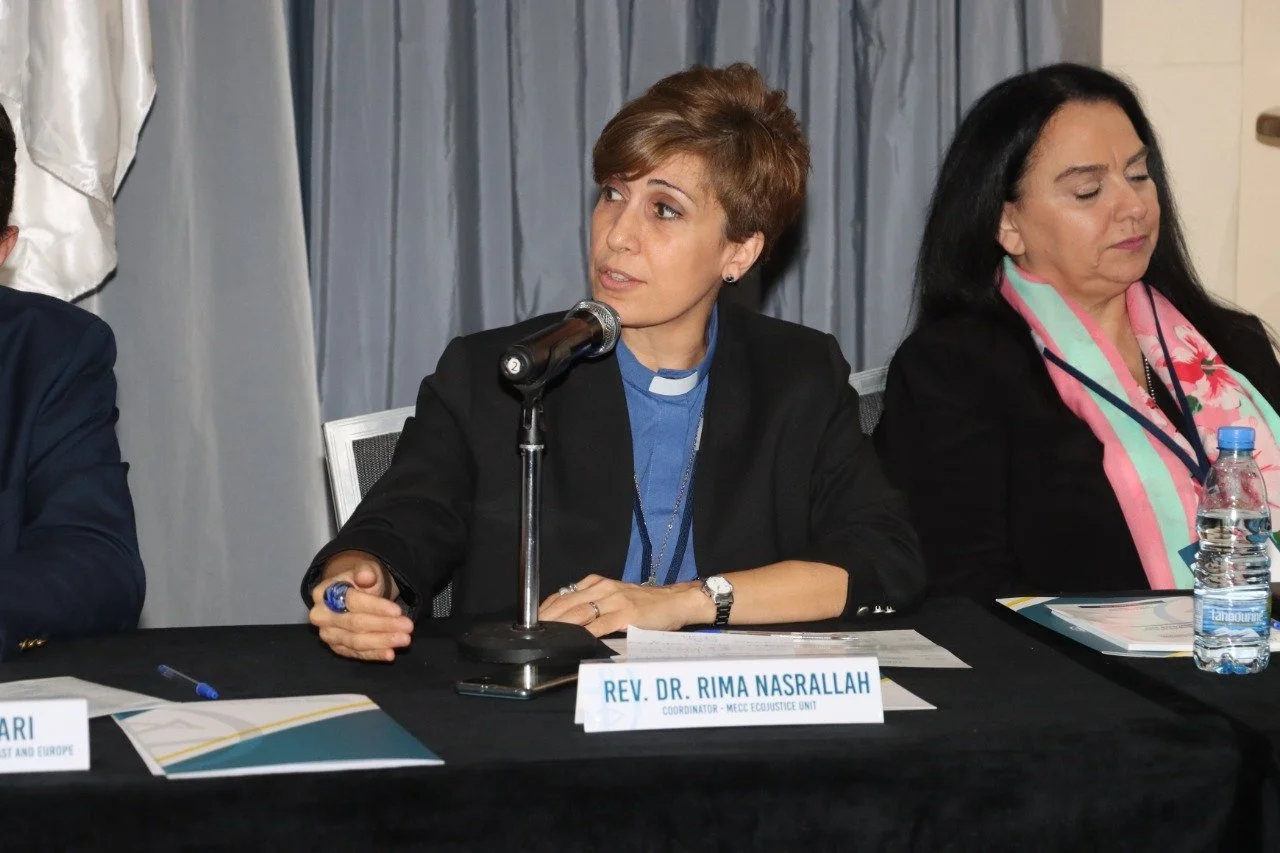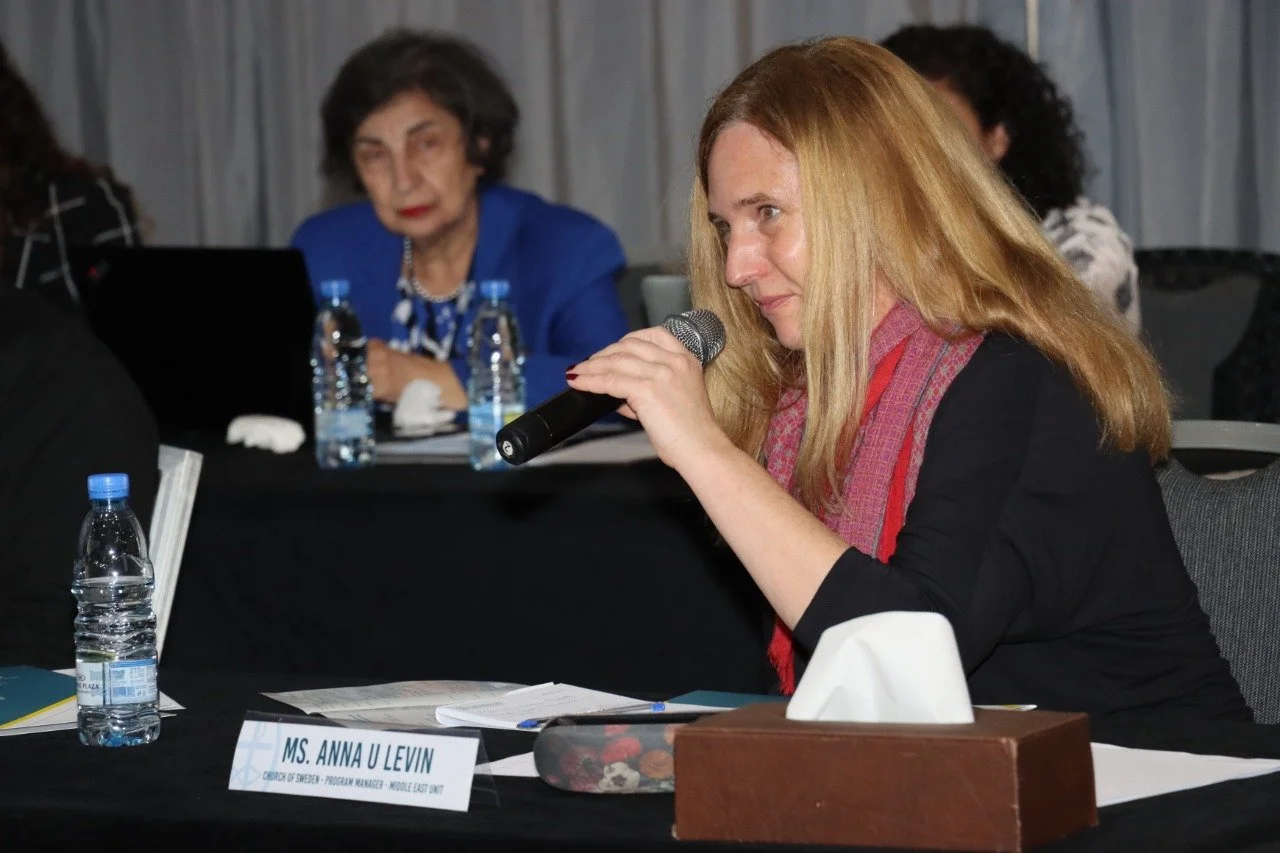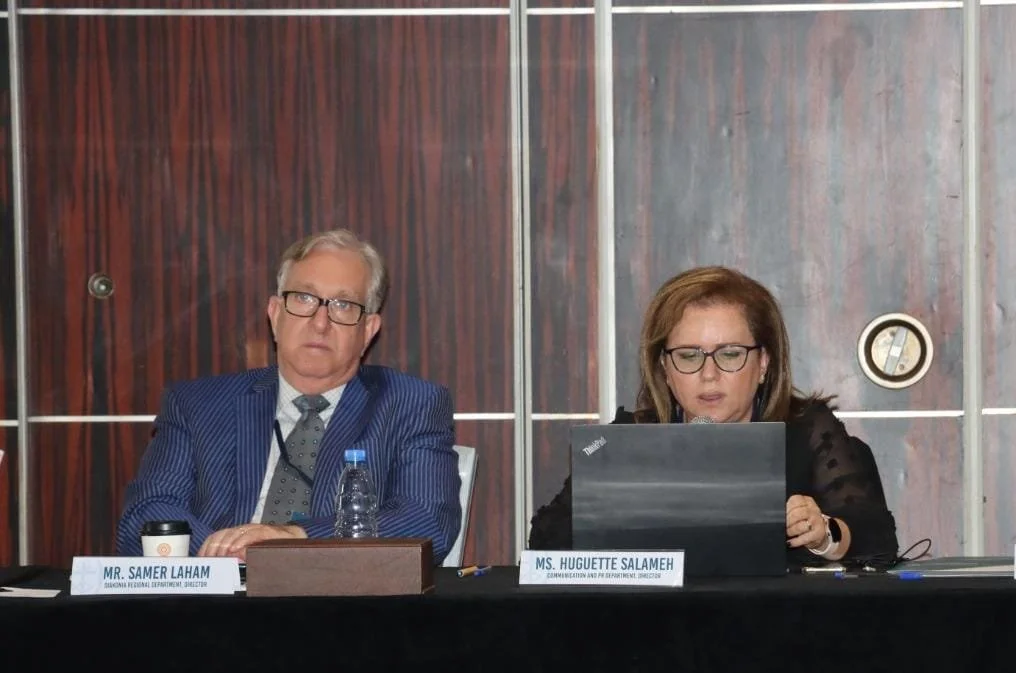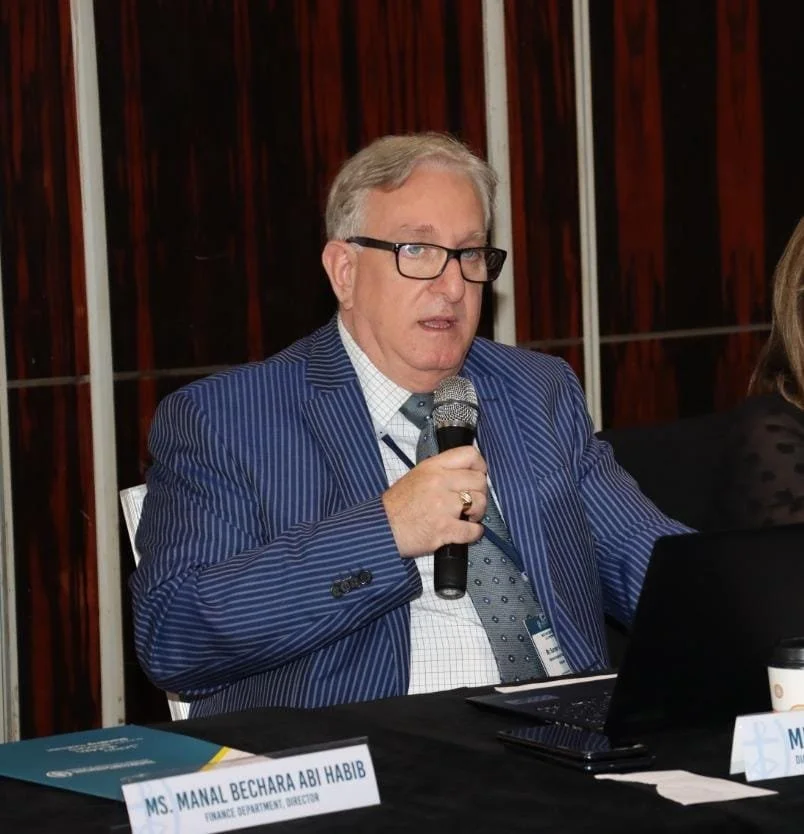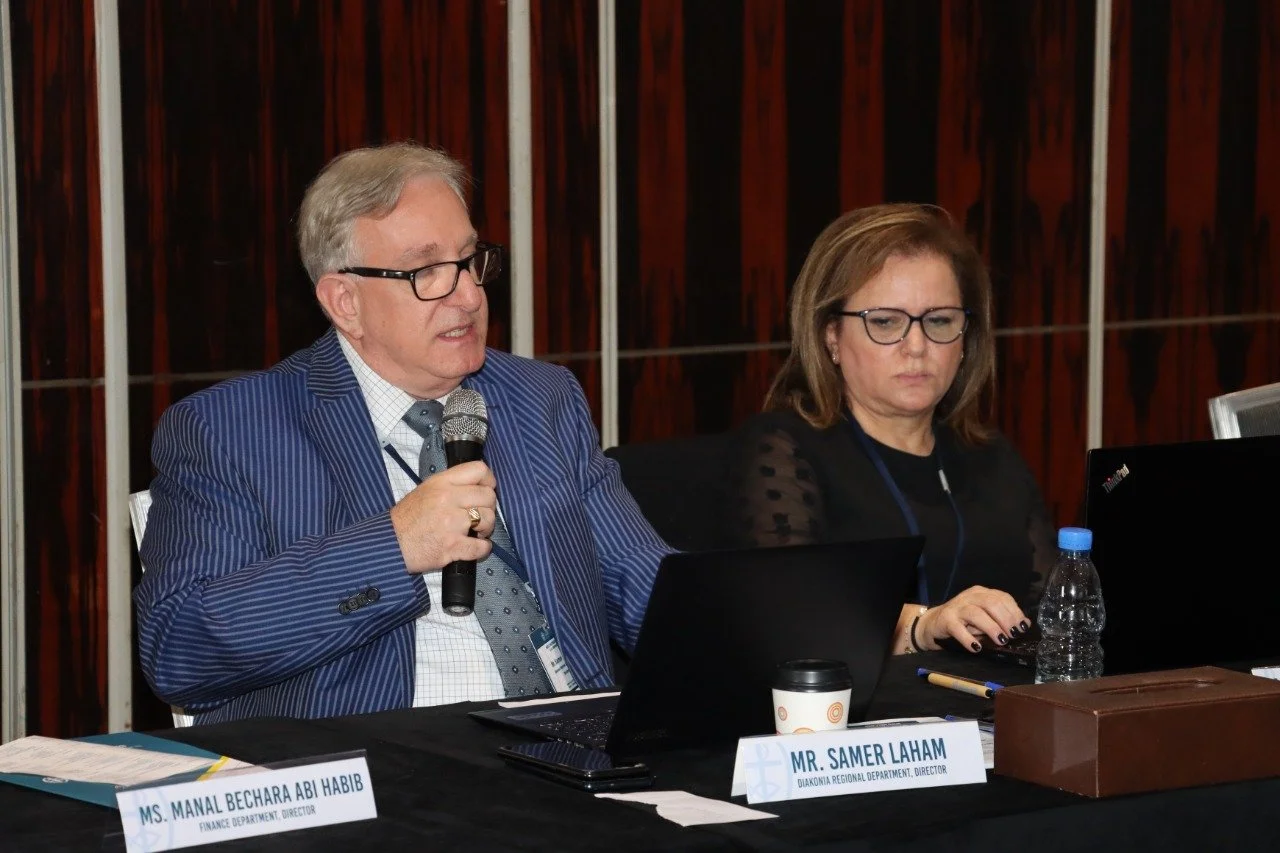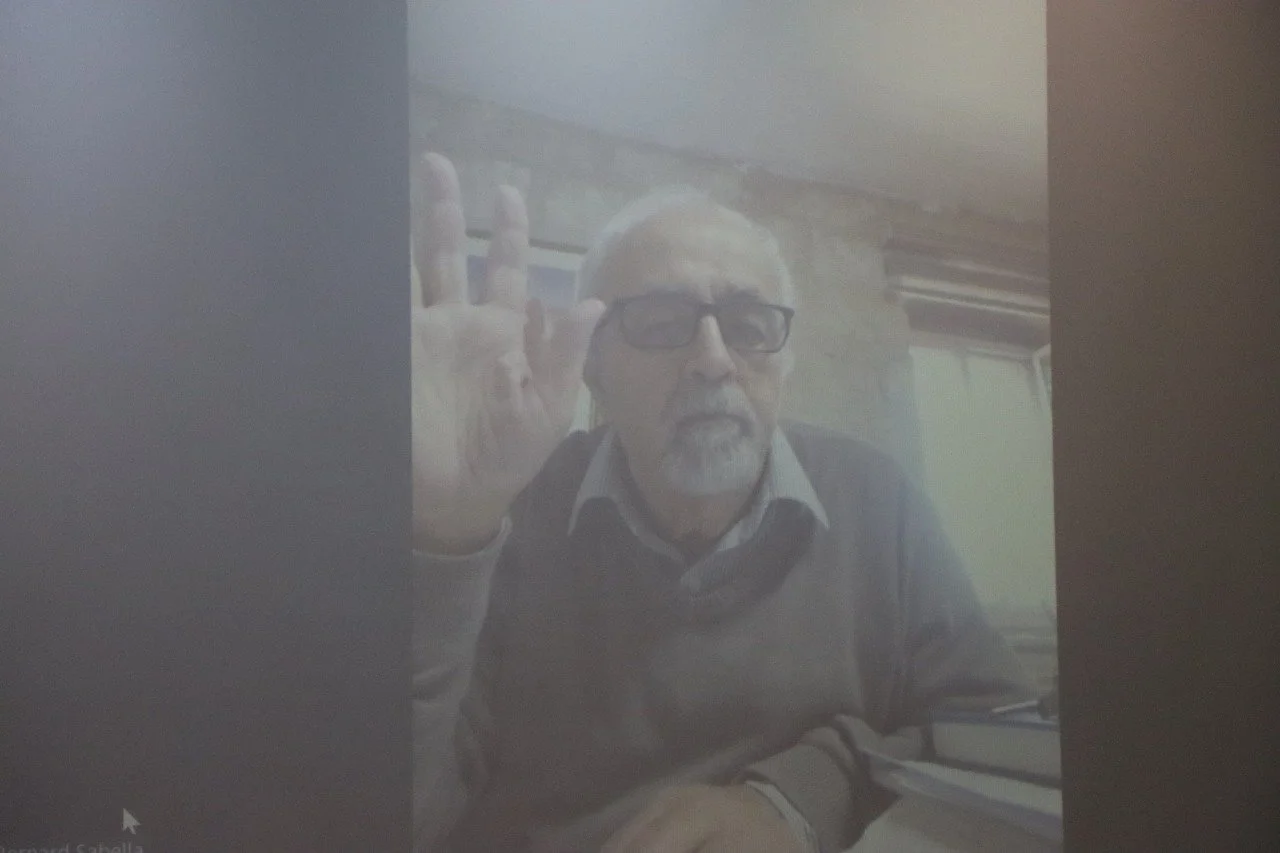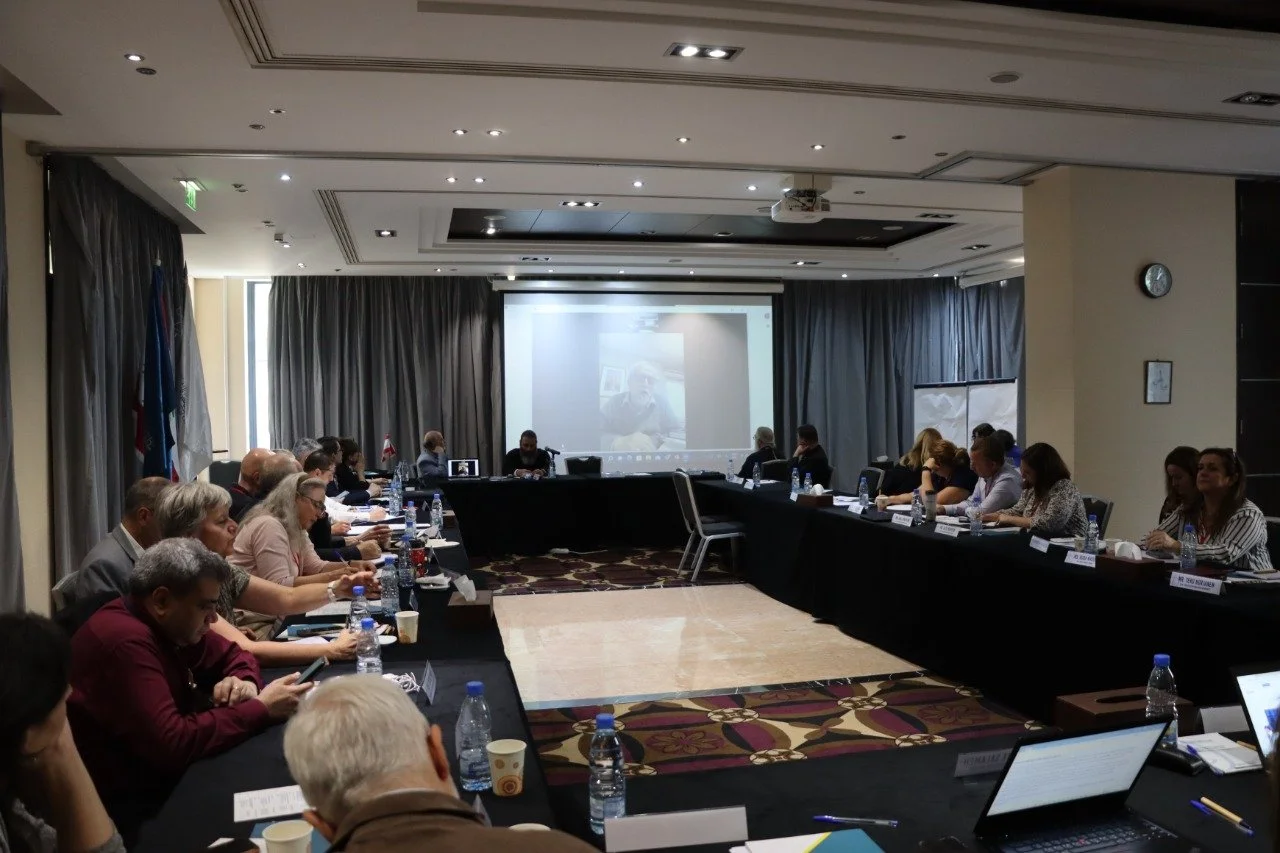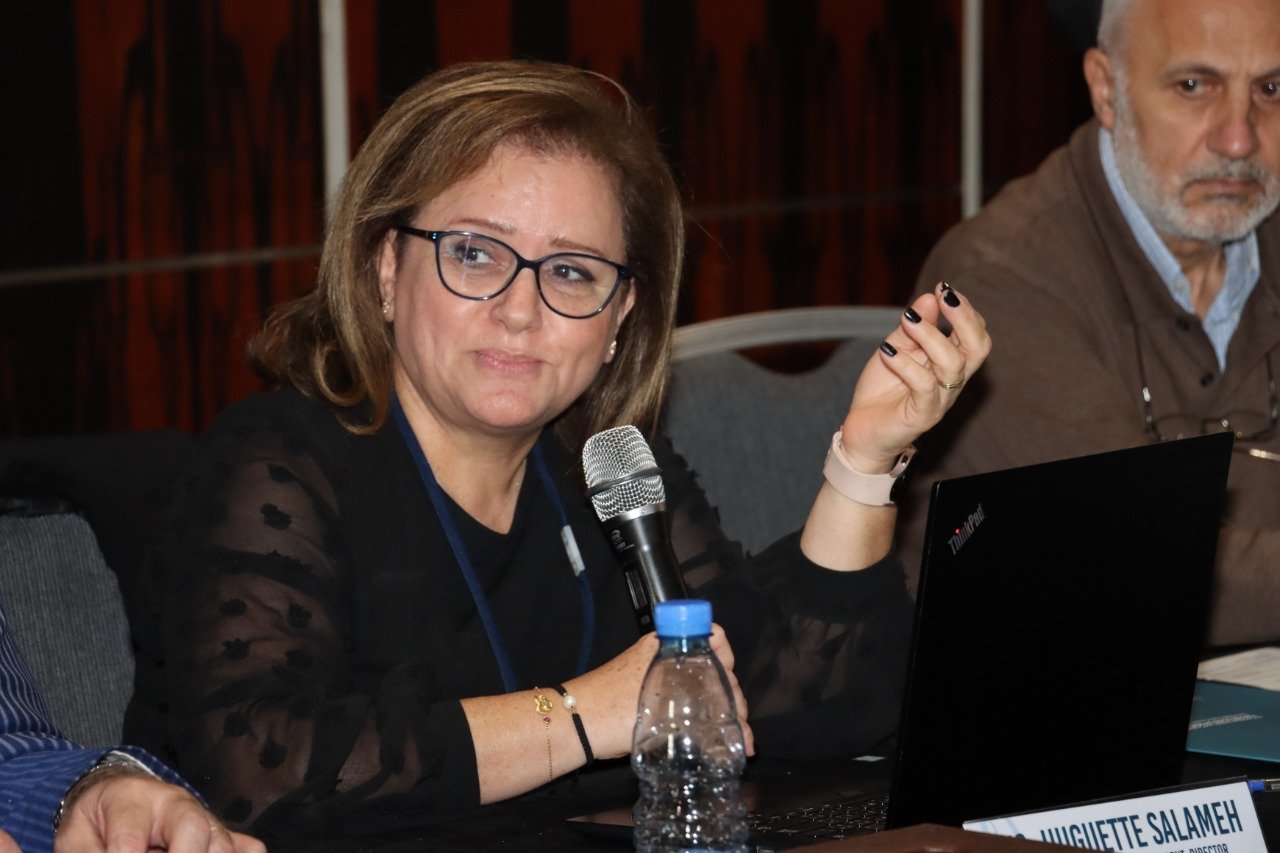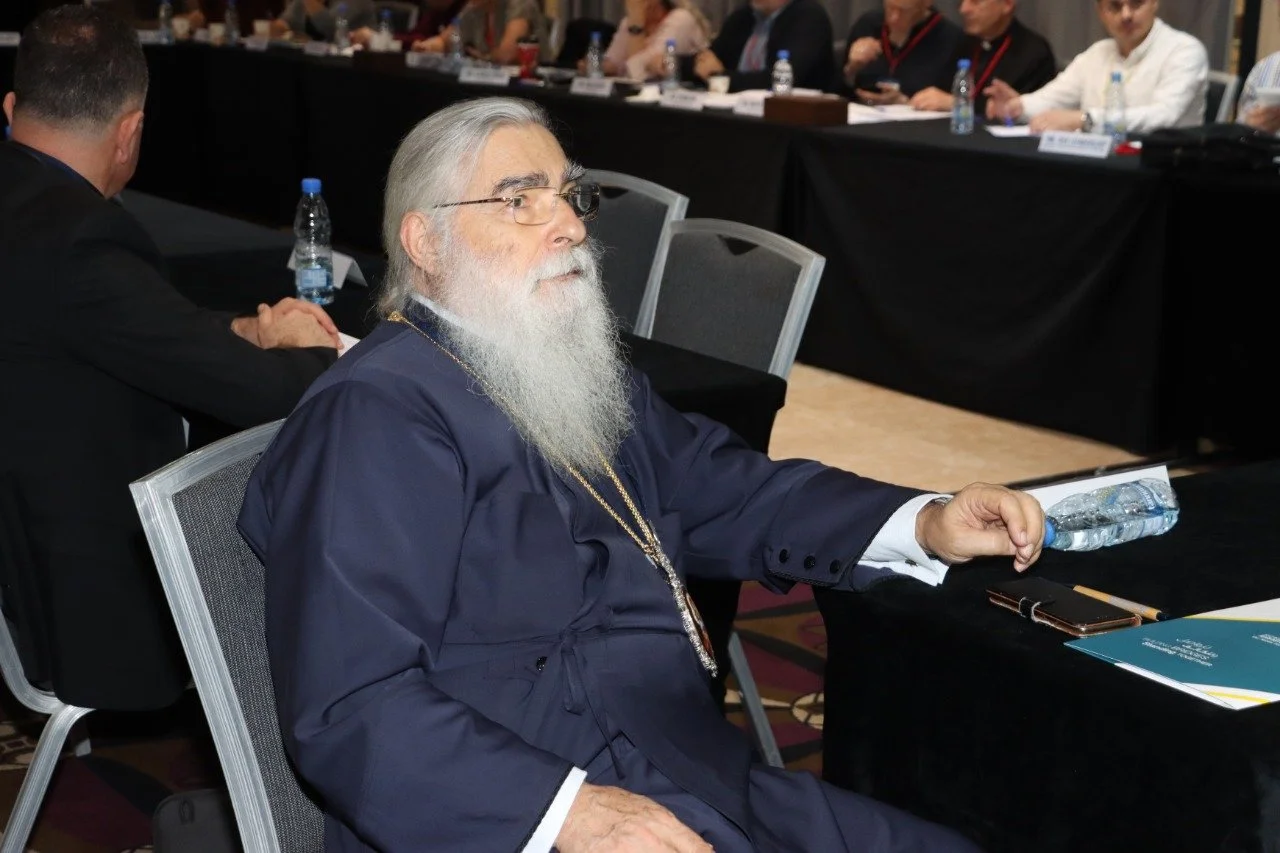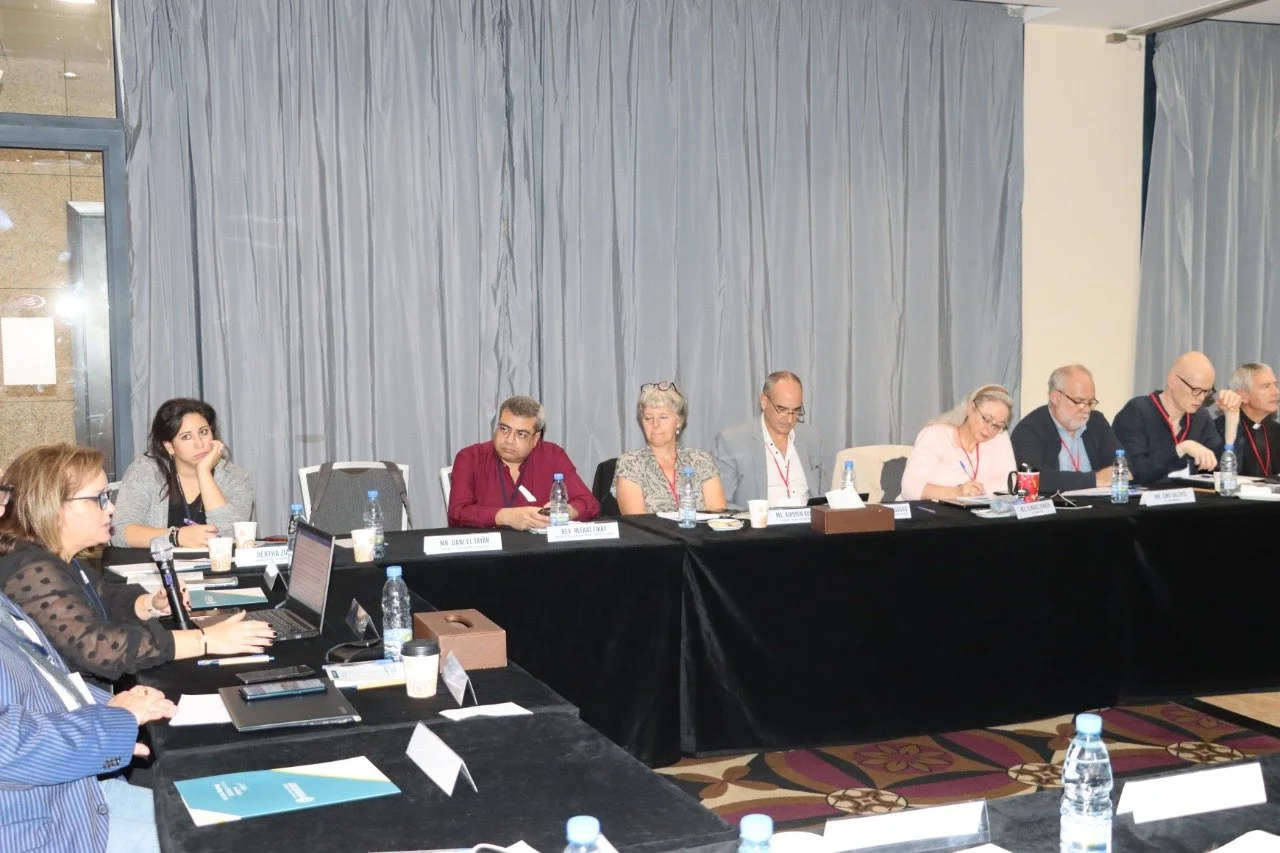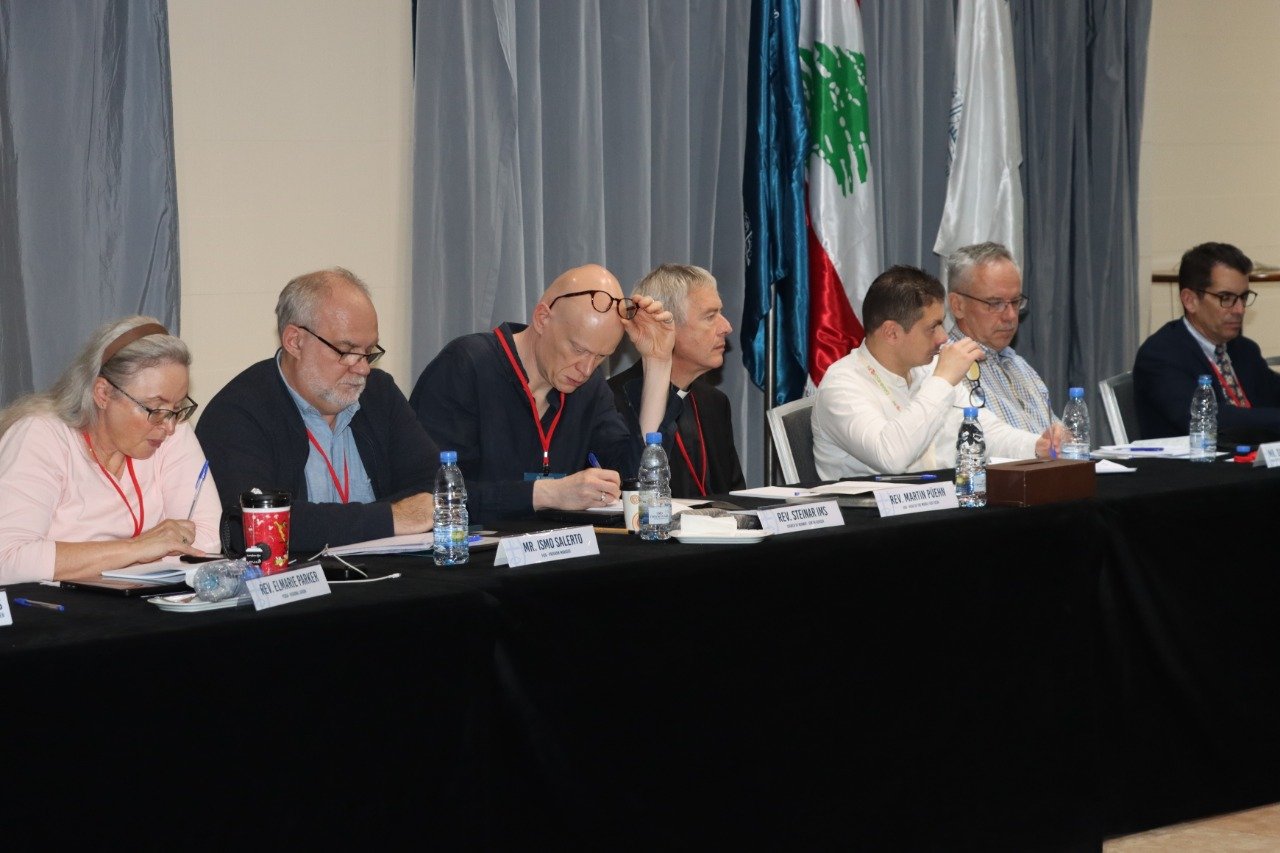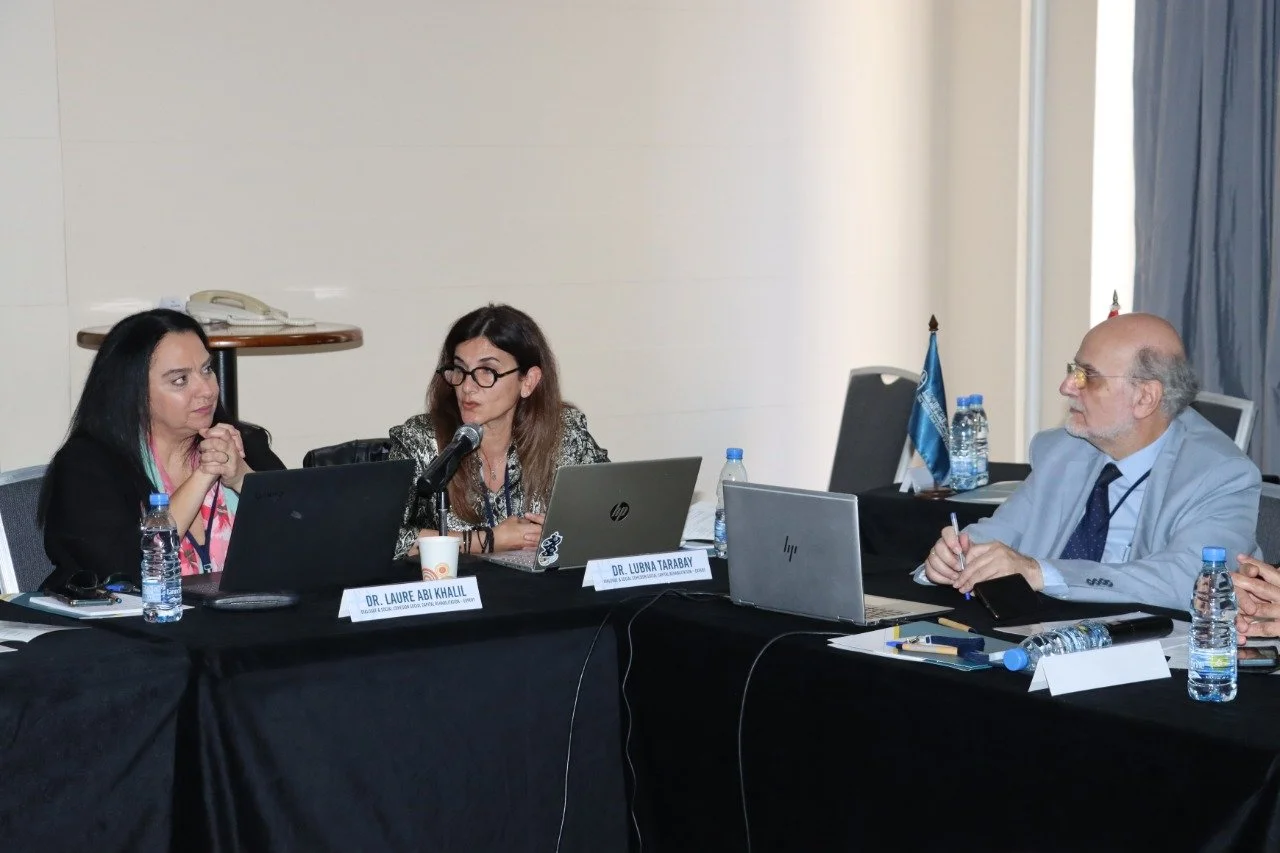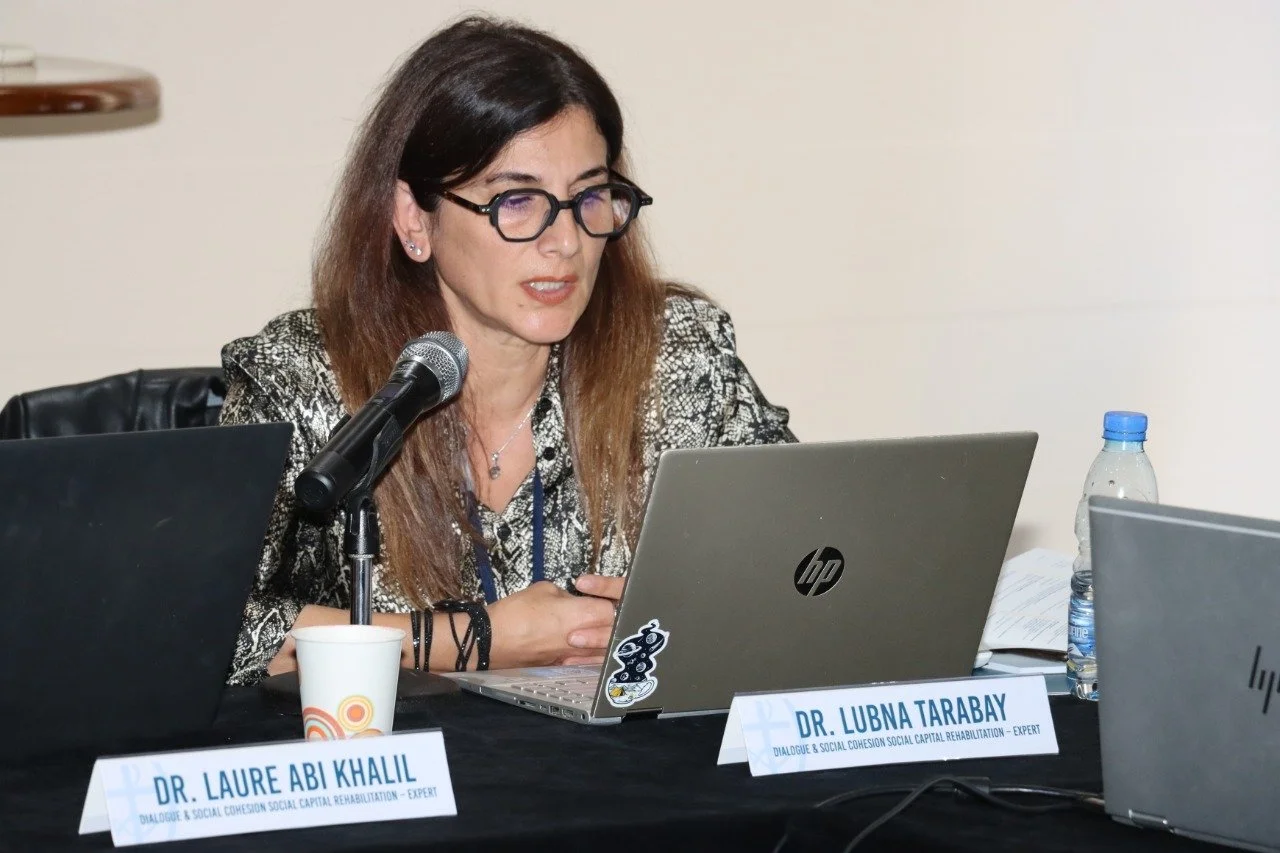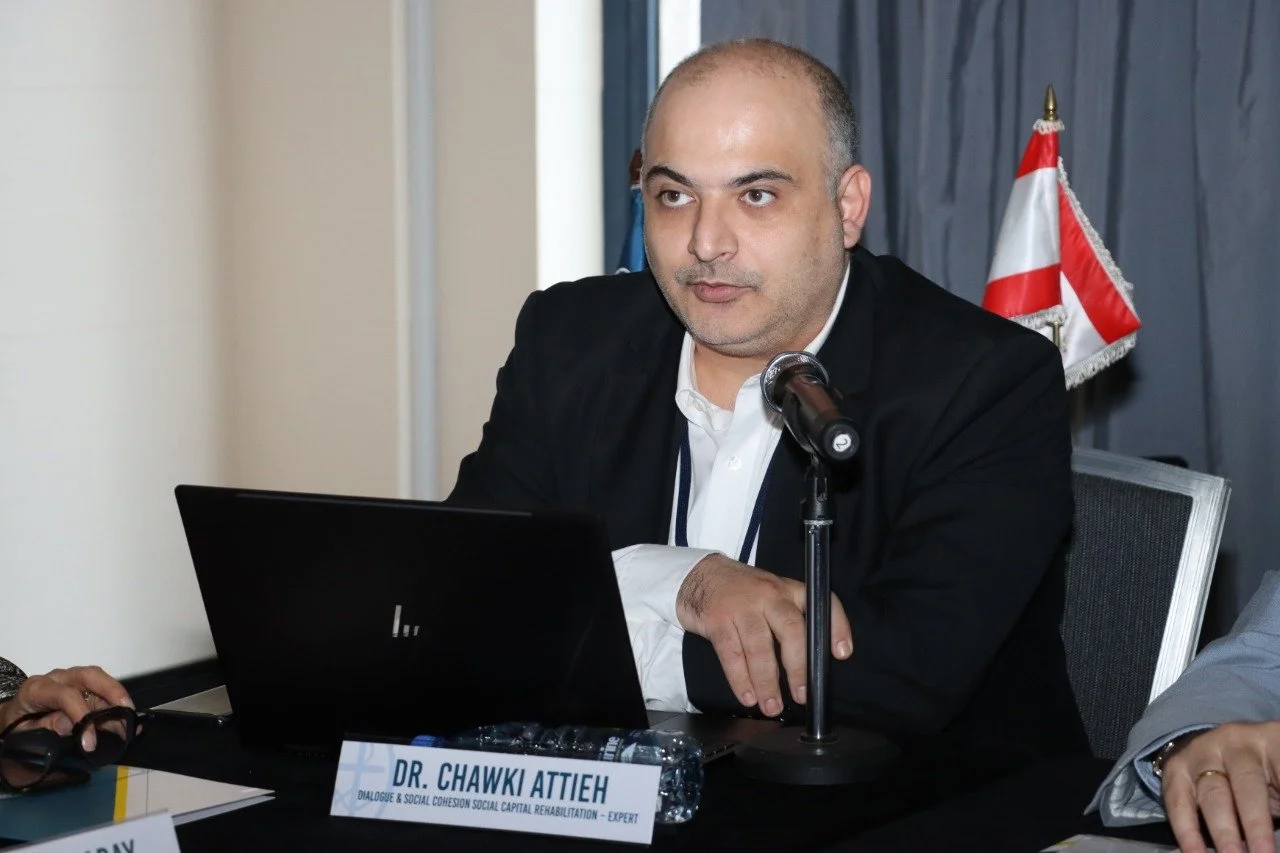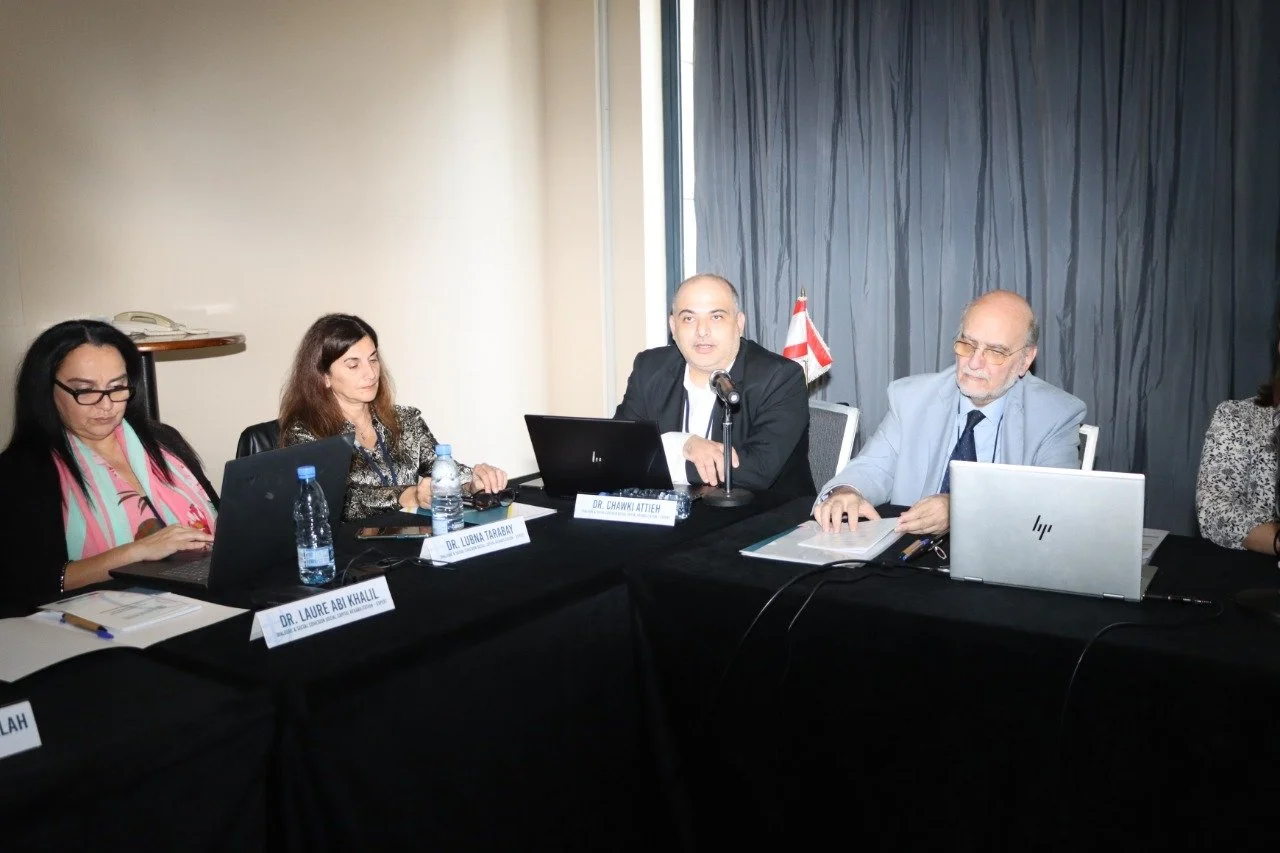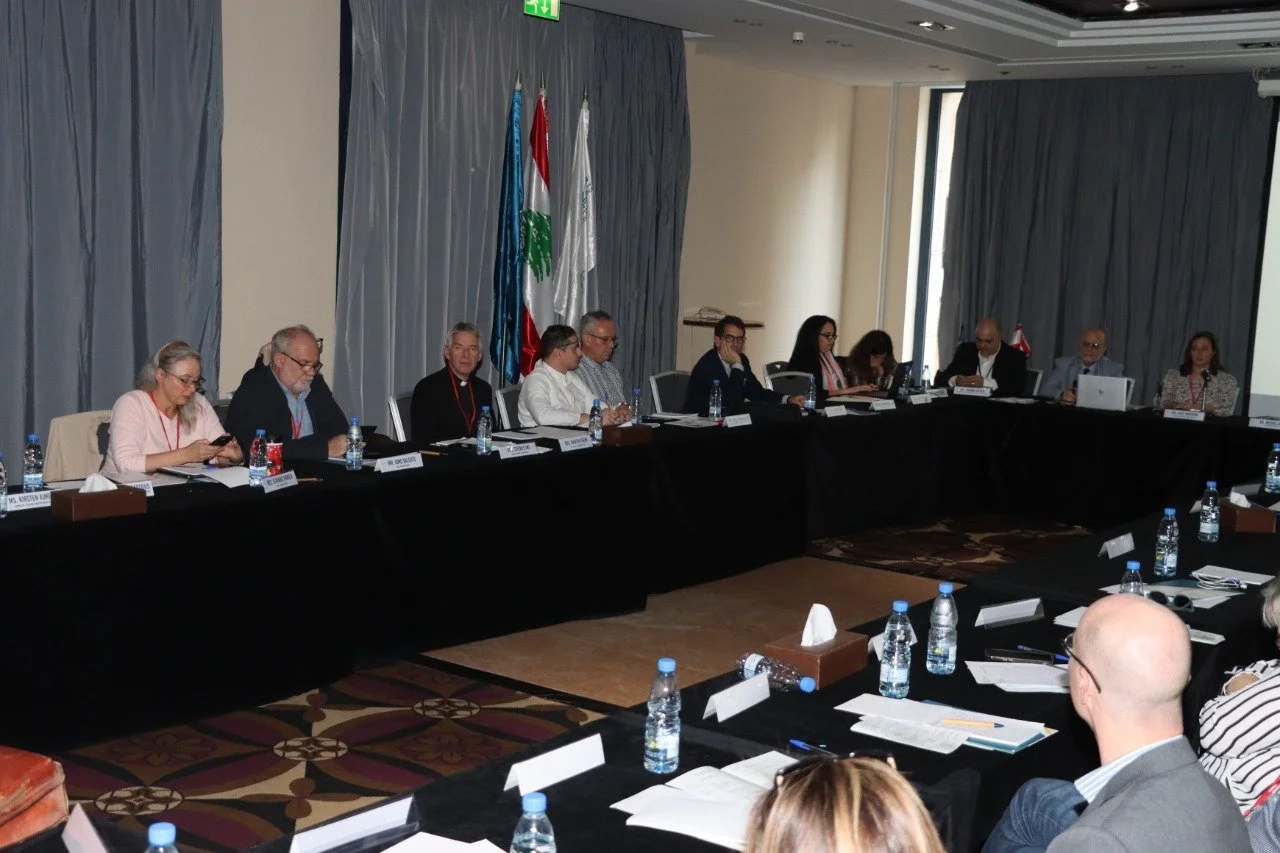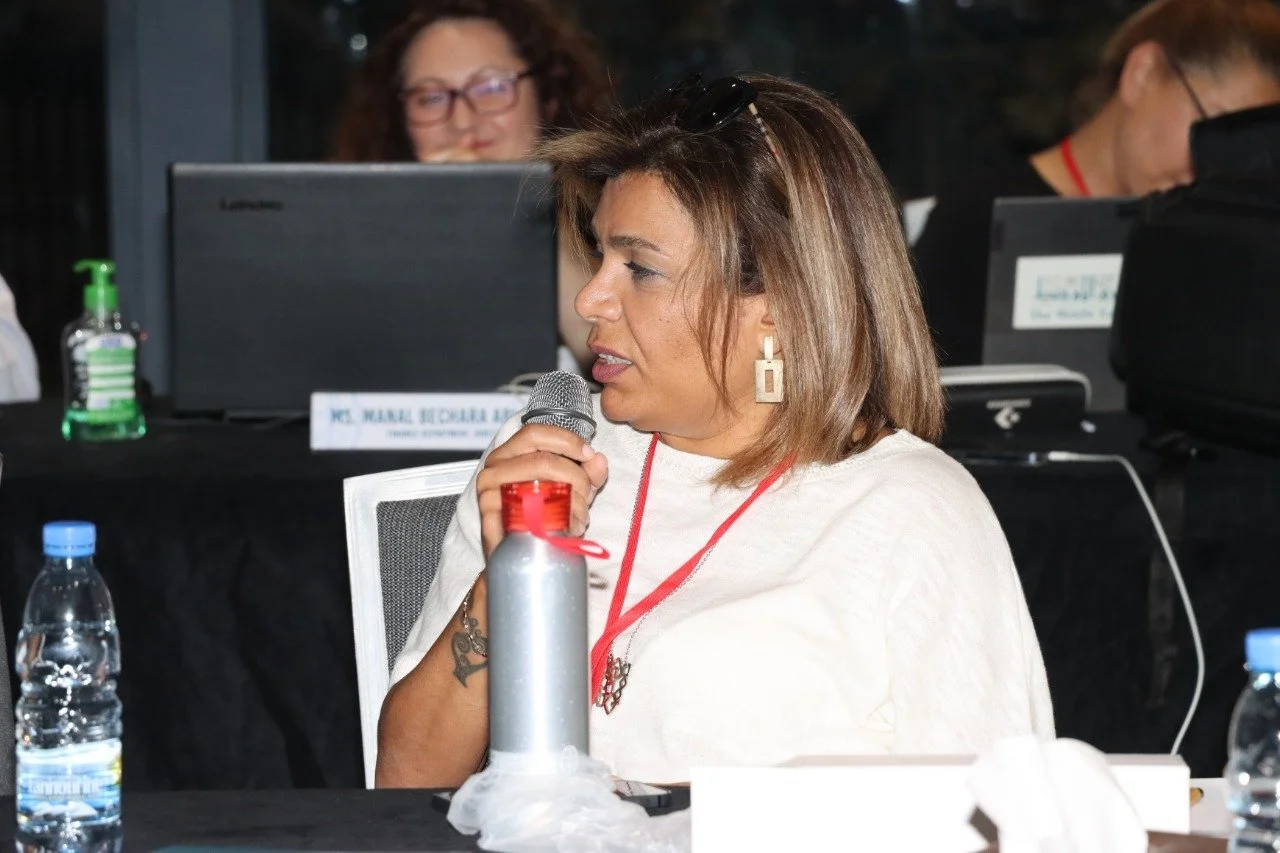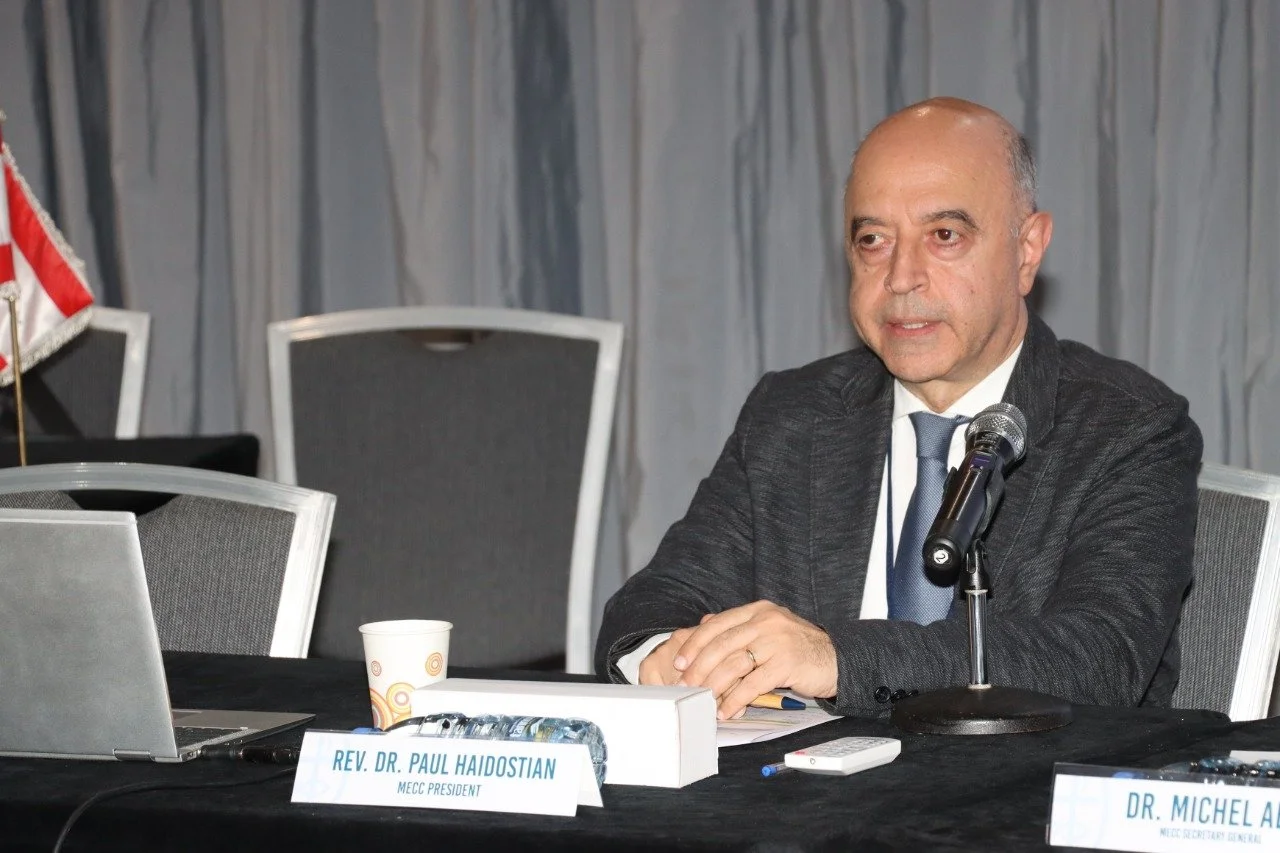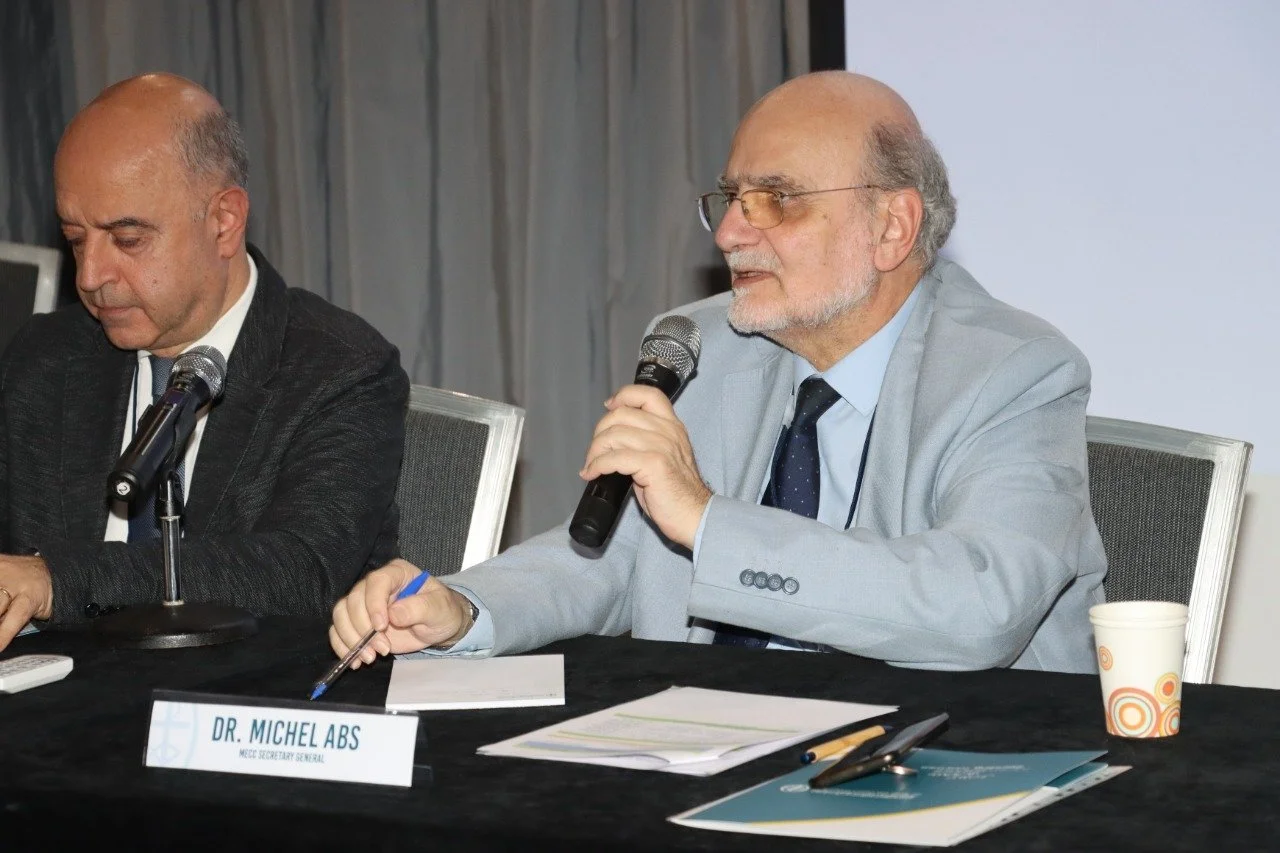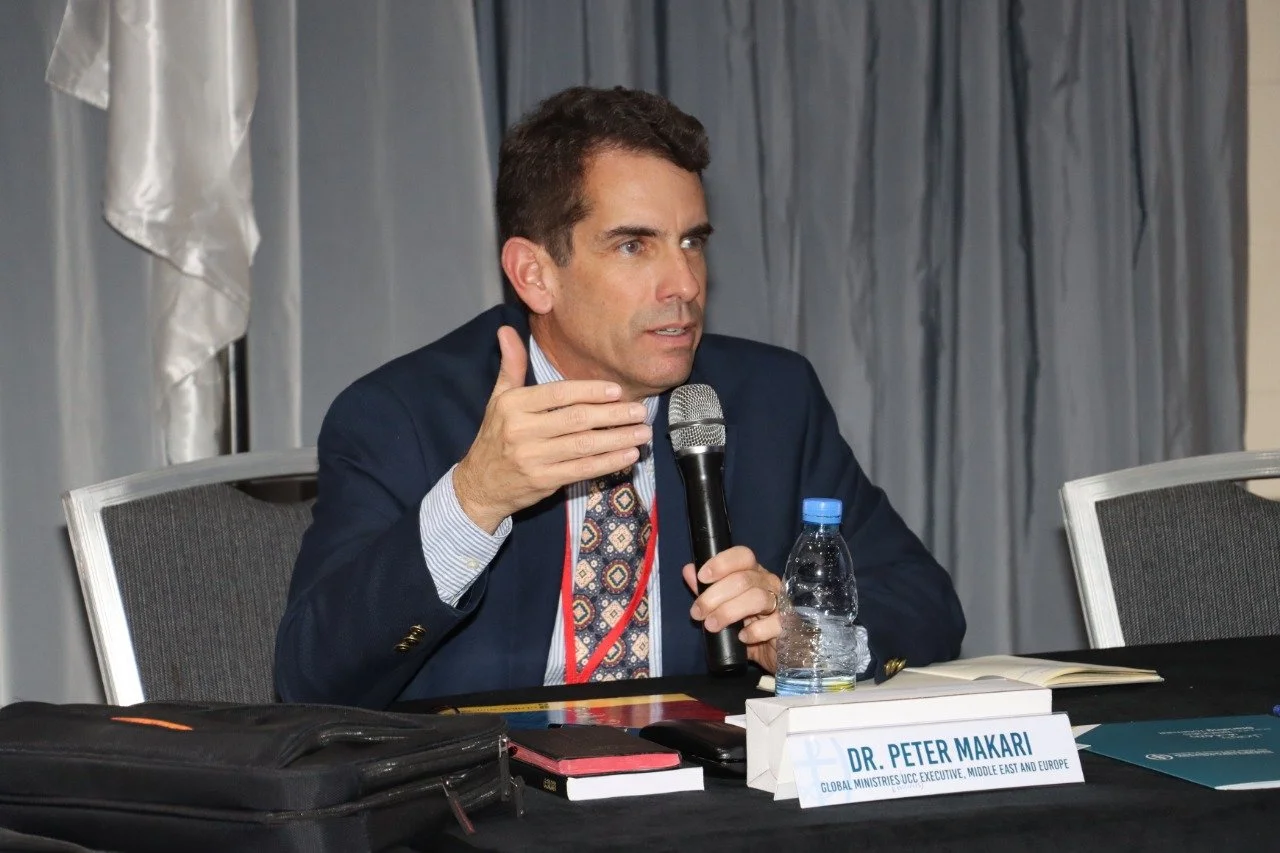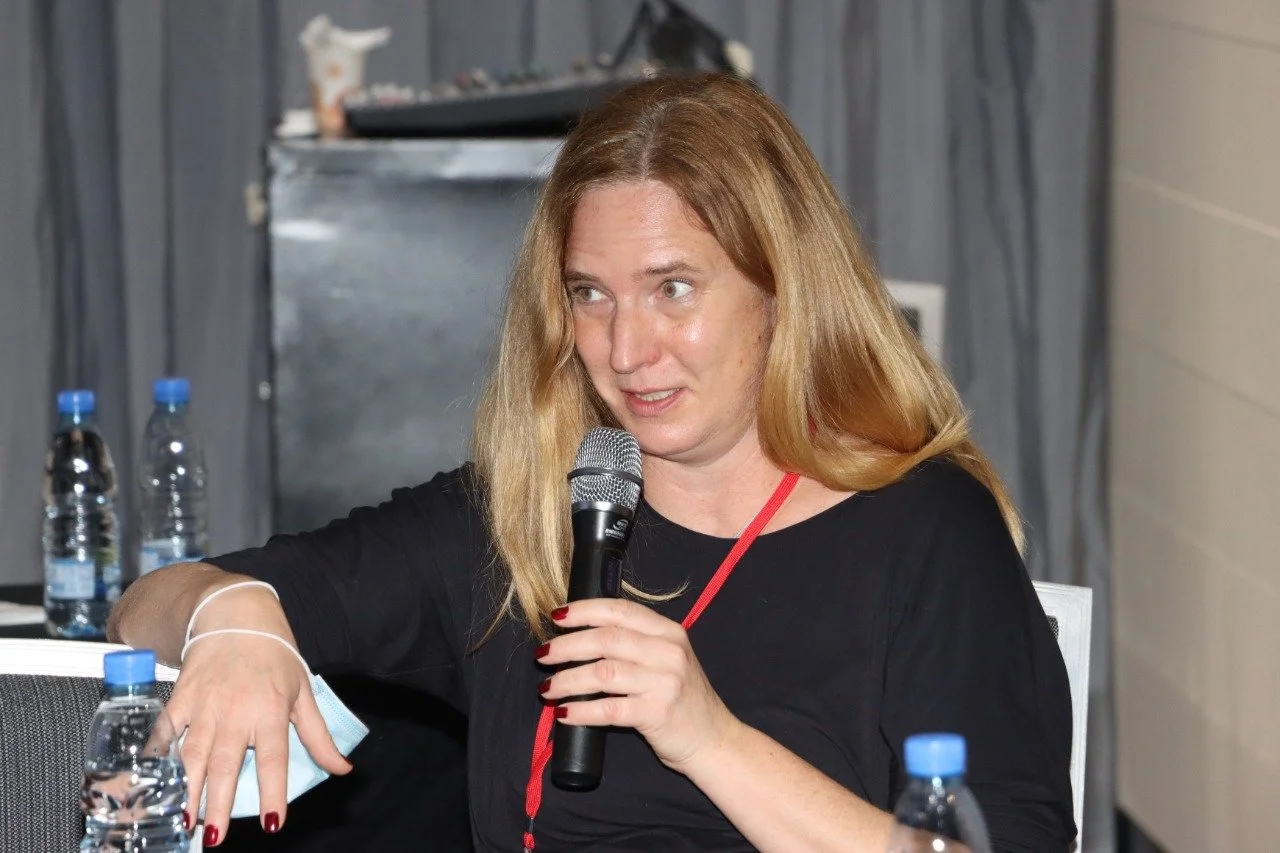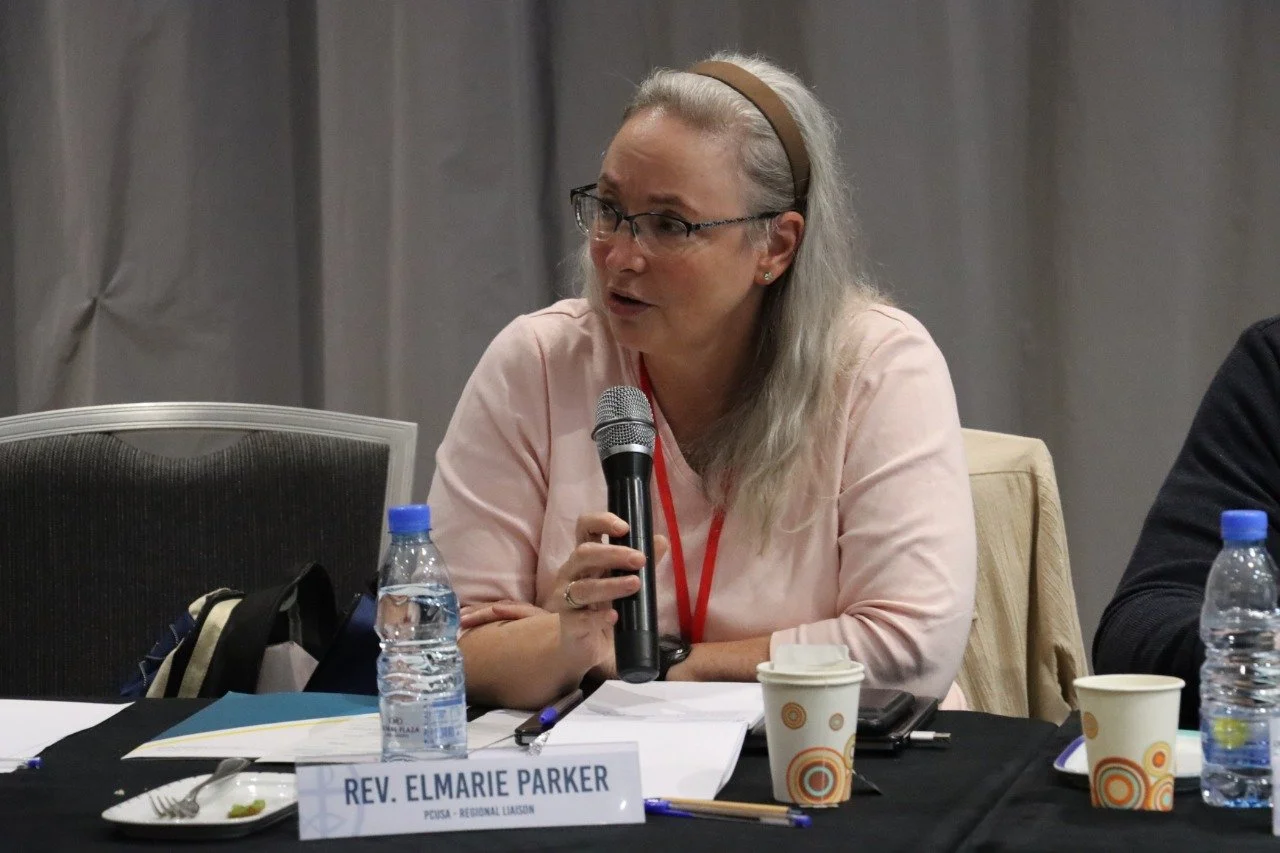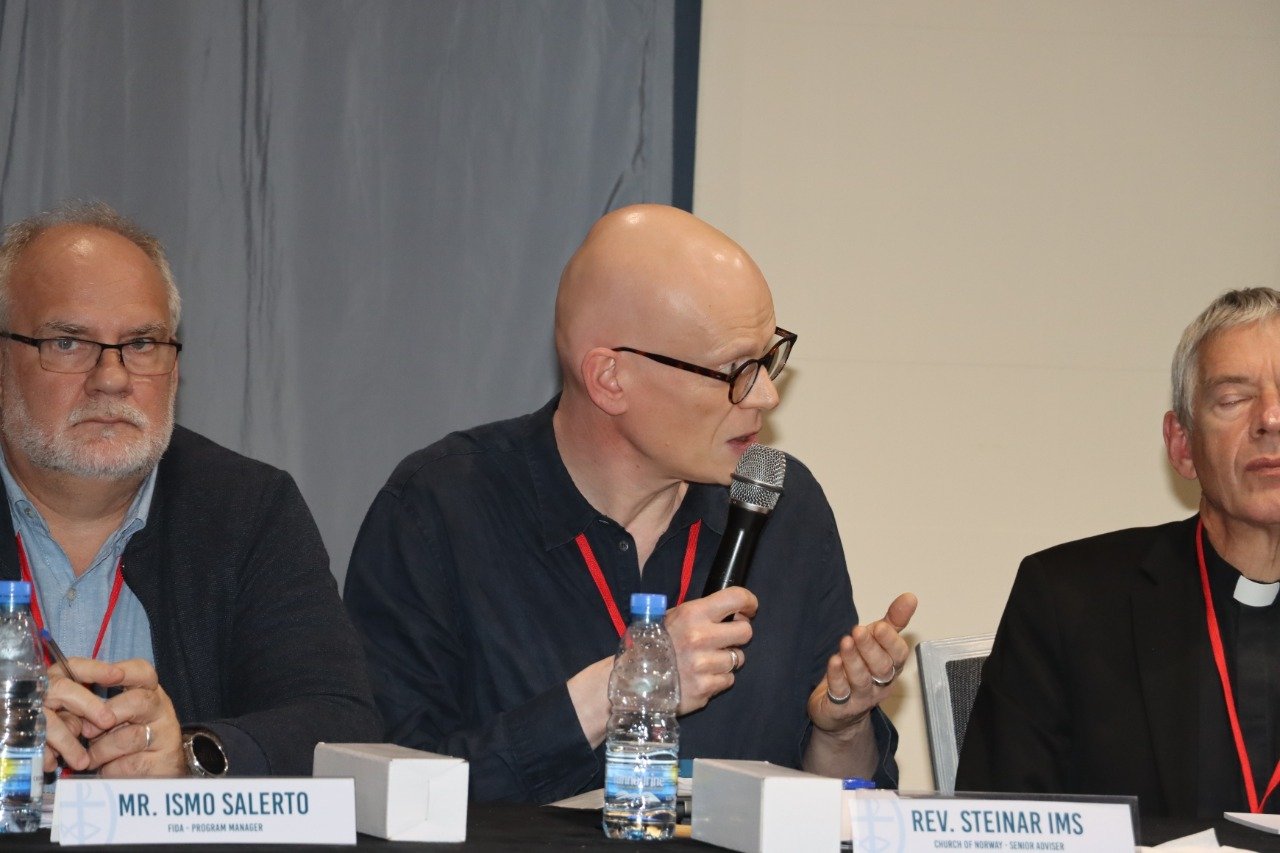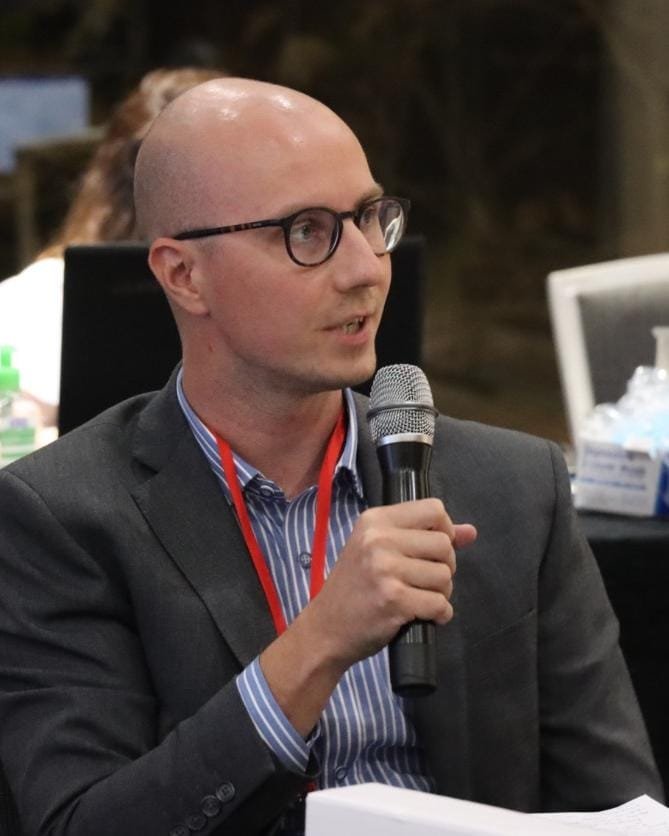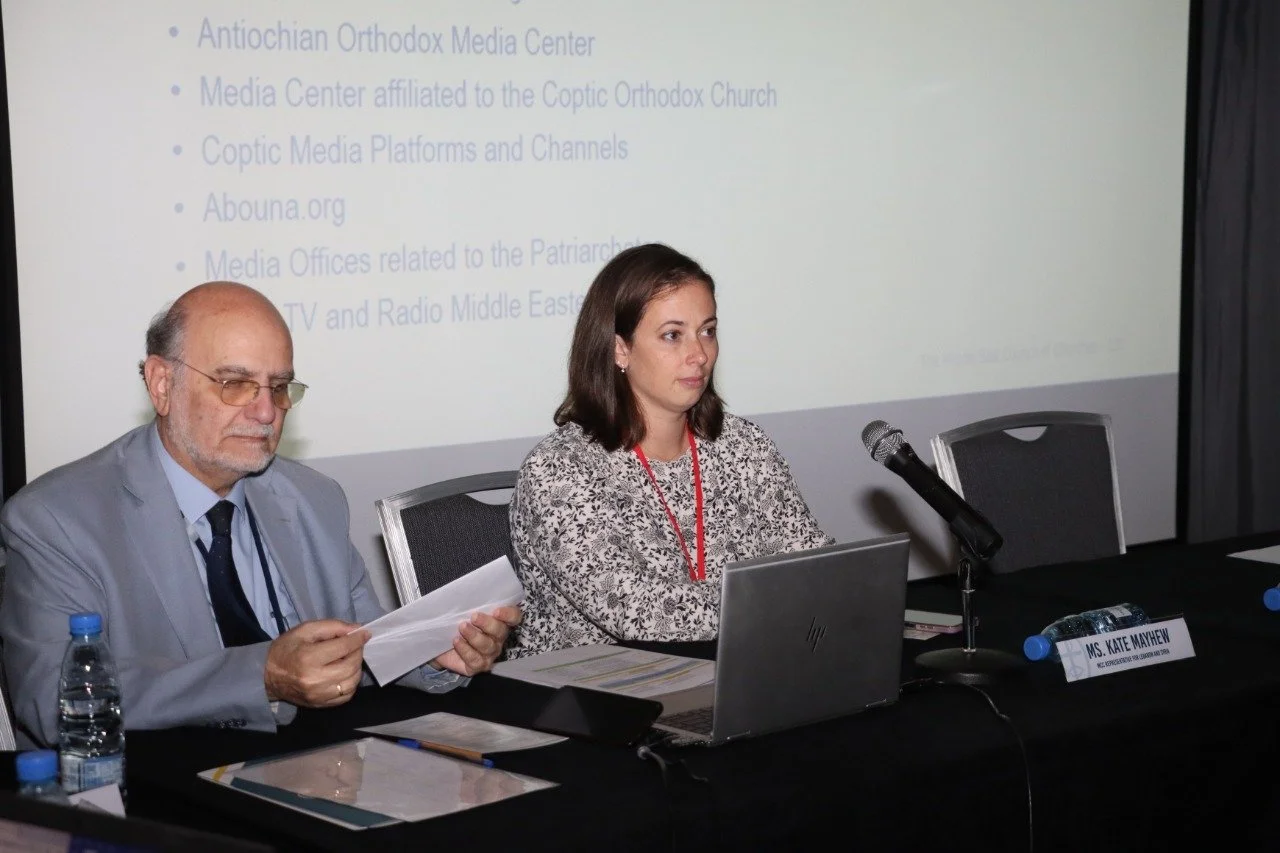MECC on the Second Day of Its Annual Partners Meeting
Towards Continuous Cooperation and a More Sustainable Role in the Region
Under the title “Partners Accompanying MECC in the Ecumenical Journey”, the Middle East Council of Churches’ General Secretariat resumed its annual meeting with the MECC partners from international and regional organizations and institutions, on its second day, Friday 4 November 2022, in Beirut.
Attendees were representatives of these partner organizations and institutions from all over the world such as USA, Canada, Europe and the Middle East… They exchanged views and experiences with the participation of the MECC team and the departments’ directors, headed by the Secretary General Dr. Michel Abs, along with the MECC Associate Secretaries General, and members of the Executive Committee.
The second day began with a Morning Prayer and Bible Meditation by Archimandrite Jack Khalil, President of the Association of Theological Institutes in the Middle East (ATIME). Then, the first session started and was moderated by Ms. Benedicte Naess Hafskjold, from the NCA organization. It was centered around the latest developments in the region and response strategies. The participants were divided into many regional groups to discuss the current circumstances and the urgent needs, raising their recommendations and suggestions on developing the MECC humanitarian mission.
The second session was moderated by Archimandrite Jack Khalil, and focused on the future prospective of the MECC departments. Reports on the Service and Relief – Diakonia Department, Department of Service to Palestinian Refugees (DSPR), Communication and Public Relations Department, Dialogue and Social Cohesion – Rehabilitation of Social capital and Human Dignity Department which will be established, were presented. Directors and Coordinators of the departments gave a brief overview about the planned projects and programs for the next period.
In the same context, the attendees participated in the third session moderated by Rev. Martin Puhen, from the EKD organization. Directors and Coordinators of the Theological and Ecumenical Department, the Association of Theological Institutes in the Middle East (ATIME) and the Ecojustice Unit, presented their expectations and the goals planned to achieve Ecumenically.
After lunch break, the fourth session began and was moderated by Ms. Kate Mayhew, from the MCC organization. Attendees tackled the MECC cooperation networking, with Churches and related organizations, civil society organizations, and the Word Council of Churches (WCC), aiming to develop the partnership with them all.
The last session was moderated by Rev. Dr. Paul Haidostian, MECC President for the Evangelical Family, President of the Union of the Armenian Evangelical Churches in the Near East, and President of Haigazian University in Lebanon. It focused on the Ecumenical accompaniment of MECC in order to develop the Council’s work towards a sustainable and robust MECC in the region
The second day also included a video presentation about the Service and Relief – Diakonia Department’s response to the repercussions of the Beirut Port Blast, the most important programs it implemented in Lebanon, Jordan and Syria, its “Restoration Fund for Rehabilitation of Faith-based Social Services & Religious Infrastructure Damaged During the Crisis in Syria”, the Communication and Public Relations Department’s activities and the youth consultation sessions organized by the Theological and Ecumenical Department. The second day ended with a dinner gathering the participants.


